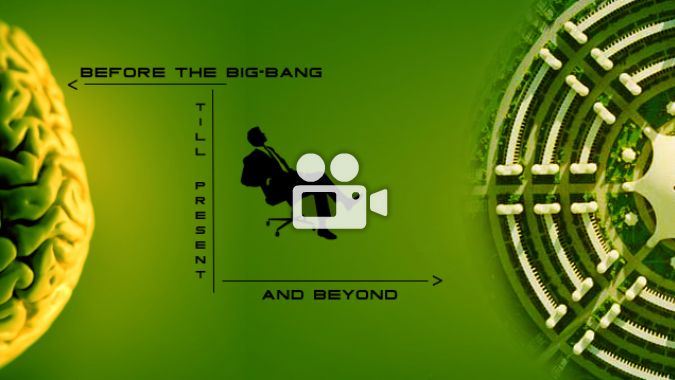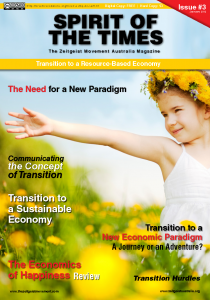At both the Global ZDay event in Brisbane, Australia and the New Zealand ZDay event in Auckland Michael Kubler gave this presentation about the Price of Zero transition to a Natural Law Resource Based Economy.
This is based on the presentation given on Sunday the 26th of March 2017 at the New Globe Theatre in Brisbane, Australia as part of the Zeitgeist Movement’s 9th annual ZDay event, but with some tweaks incorporated from the New Zealand presentation, although that was a shorter version.
You can view the original Google Slides online or get the PDF version.
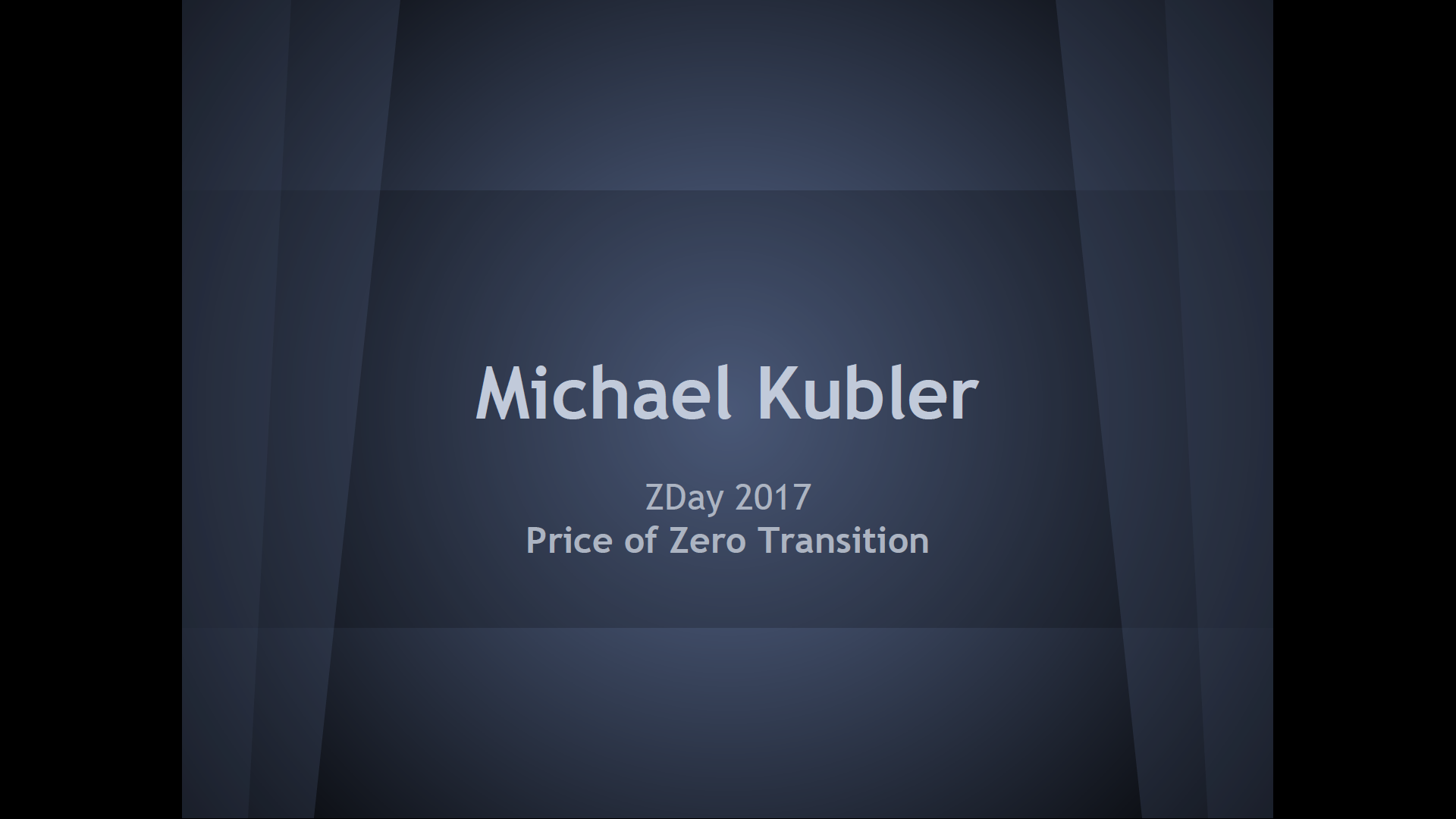
Afternoon everyone.
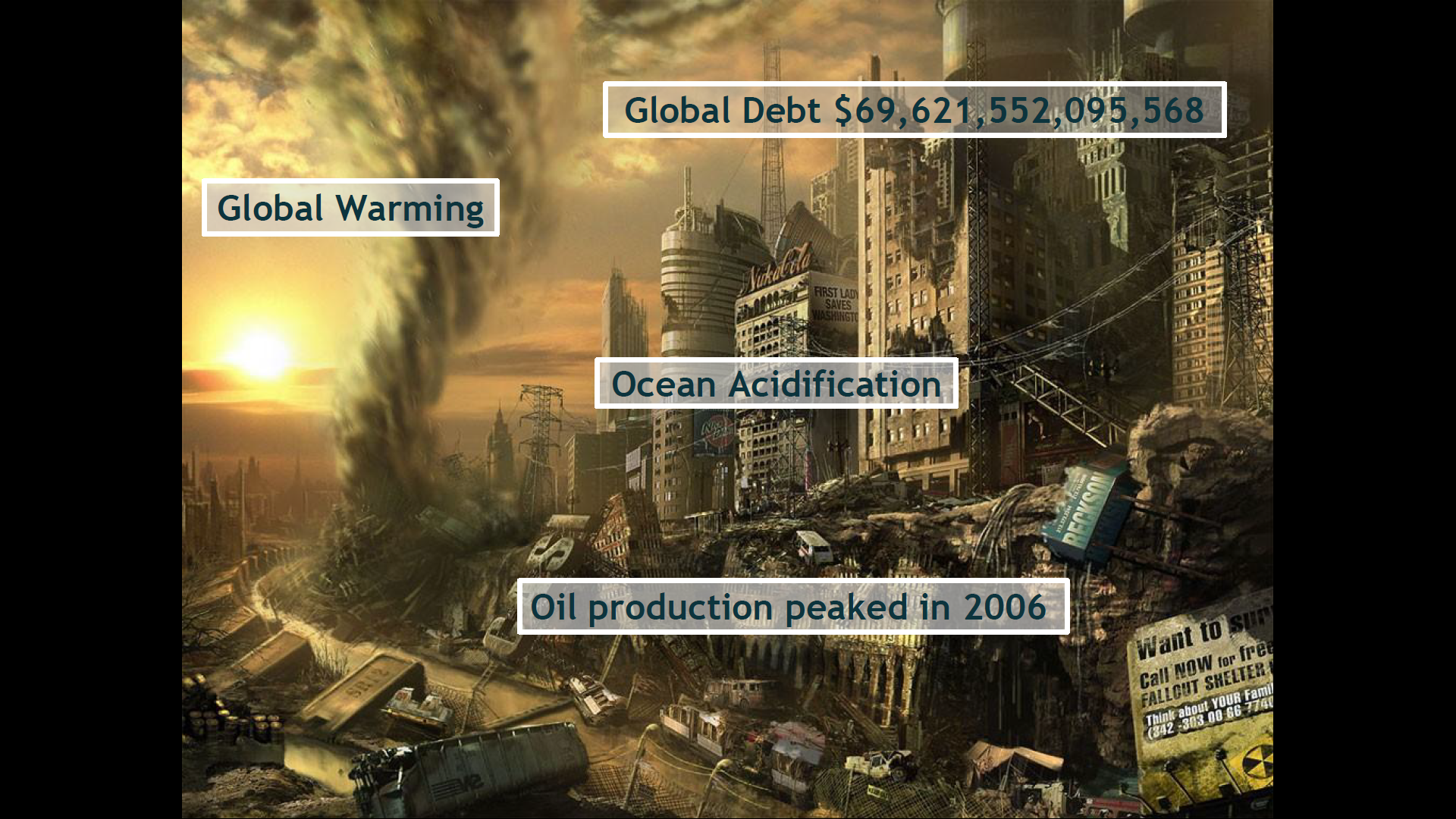
We’ve heard from plenty of speakers over the last day and a half about how screwed our current socio-economic system is.
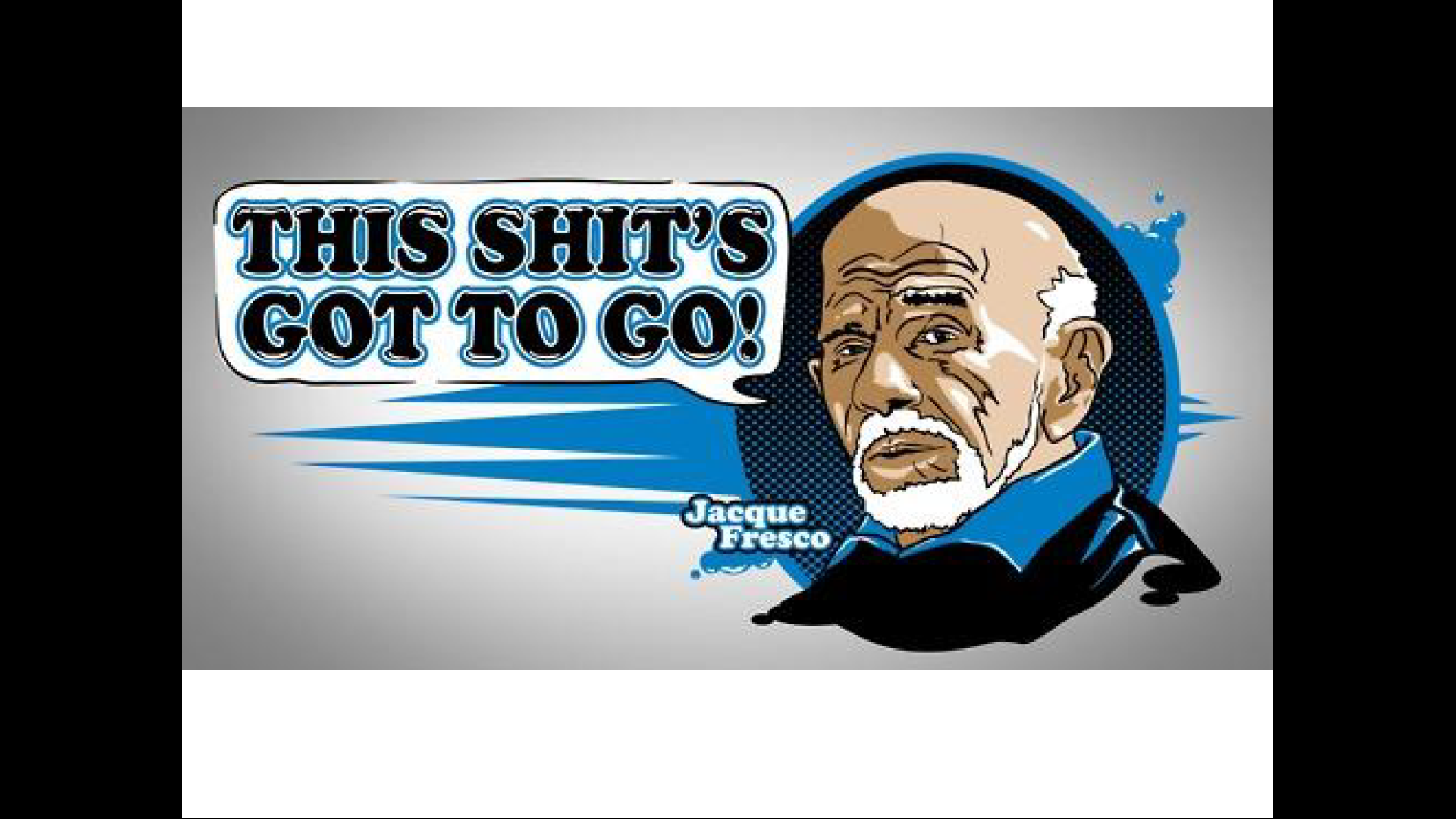
It’s obvious that this shit’s got to go.
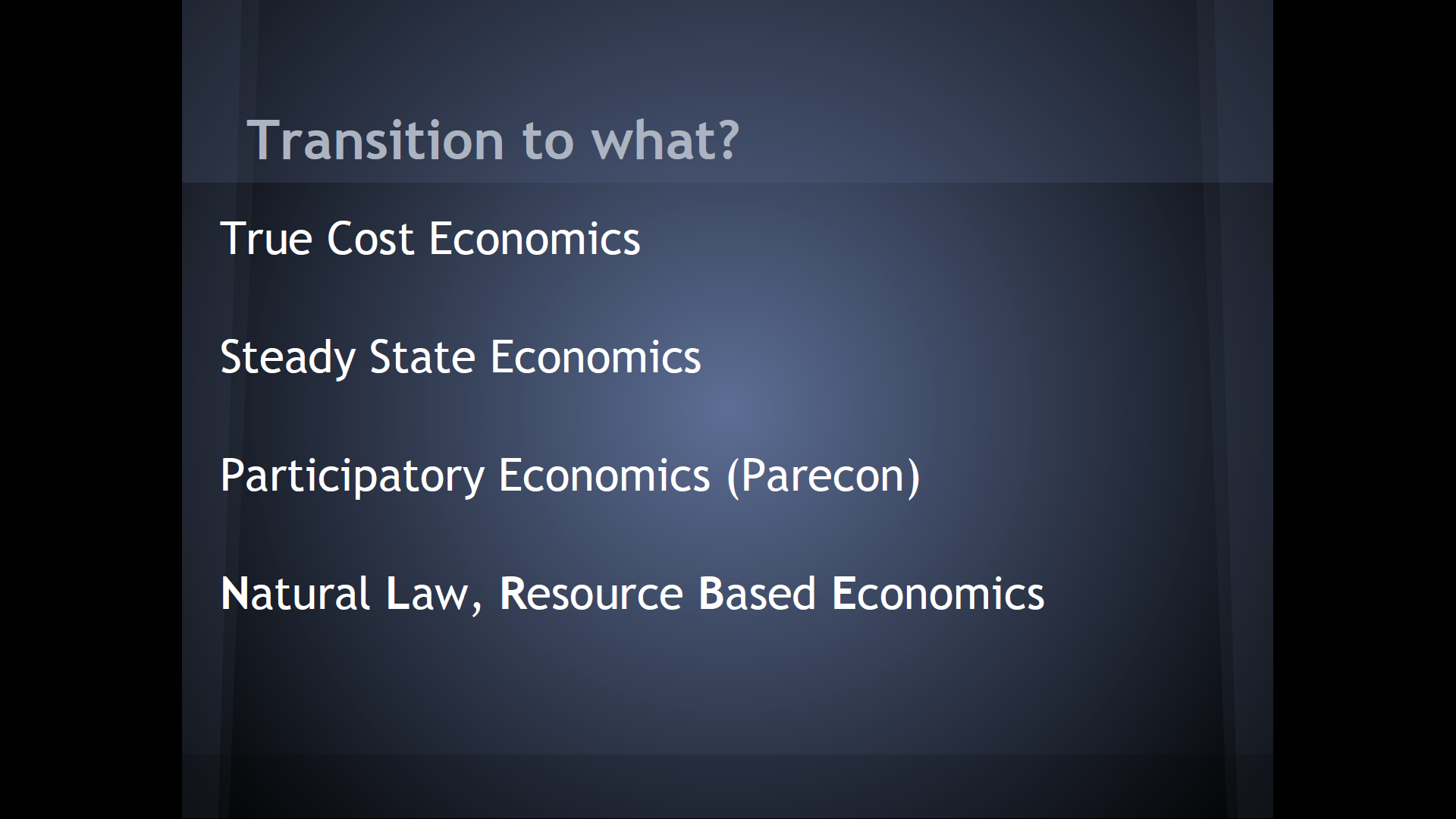
Thankfully there’s a variety of alternative economic systems we can choose from:
True Cost Economics – which values human well-being and the environment.
Steady State Economics – Which helps us live within the carrying capacity of the Earth.
Participatory Economics (Parecon) – Understands that there’s an issue with voting for people to represent you if they are meant to work in their own self interests.
So instead of representative democracy at the core of Parecon those most affected by a decision are the ones with the most influence in the decision.
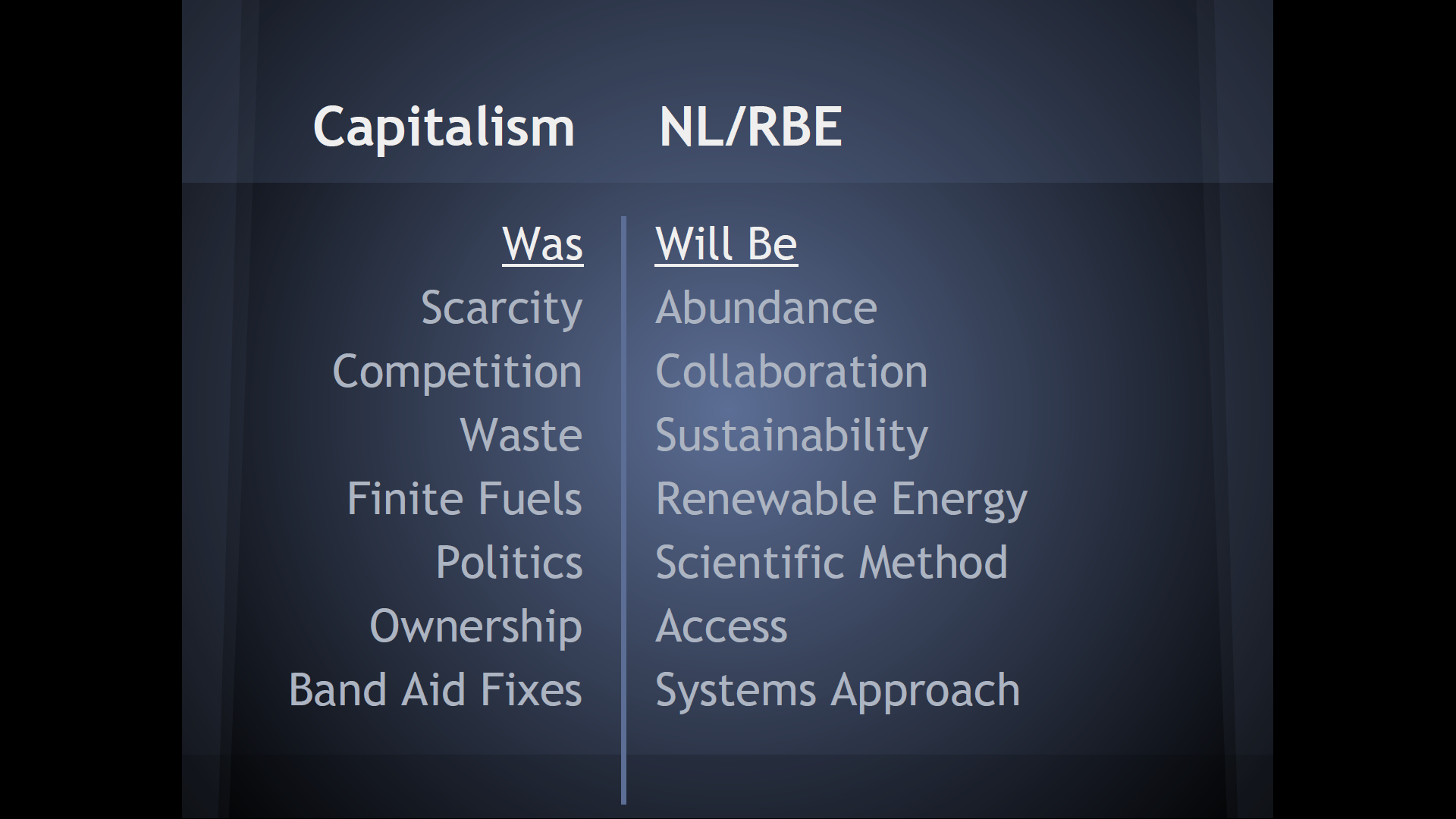
Then there’s the Natural Law, Resource Based Economy which is based on
the application of the scientific method to social concerns.
access over ownership and
abundance through automation and a systems design approach
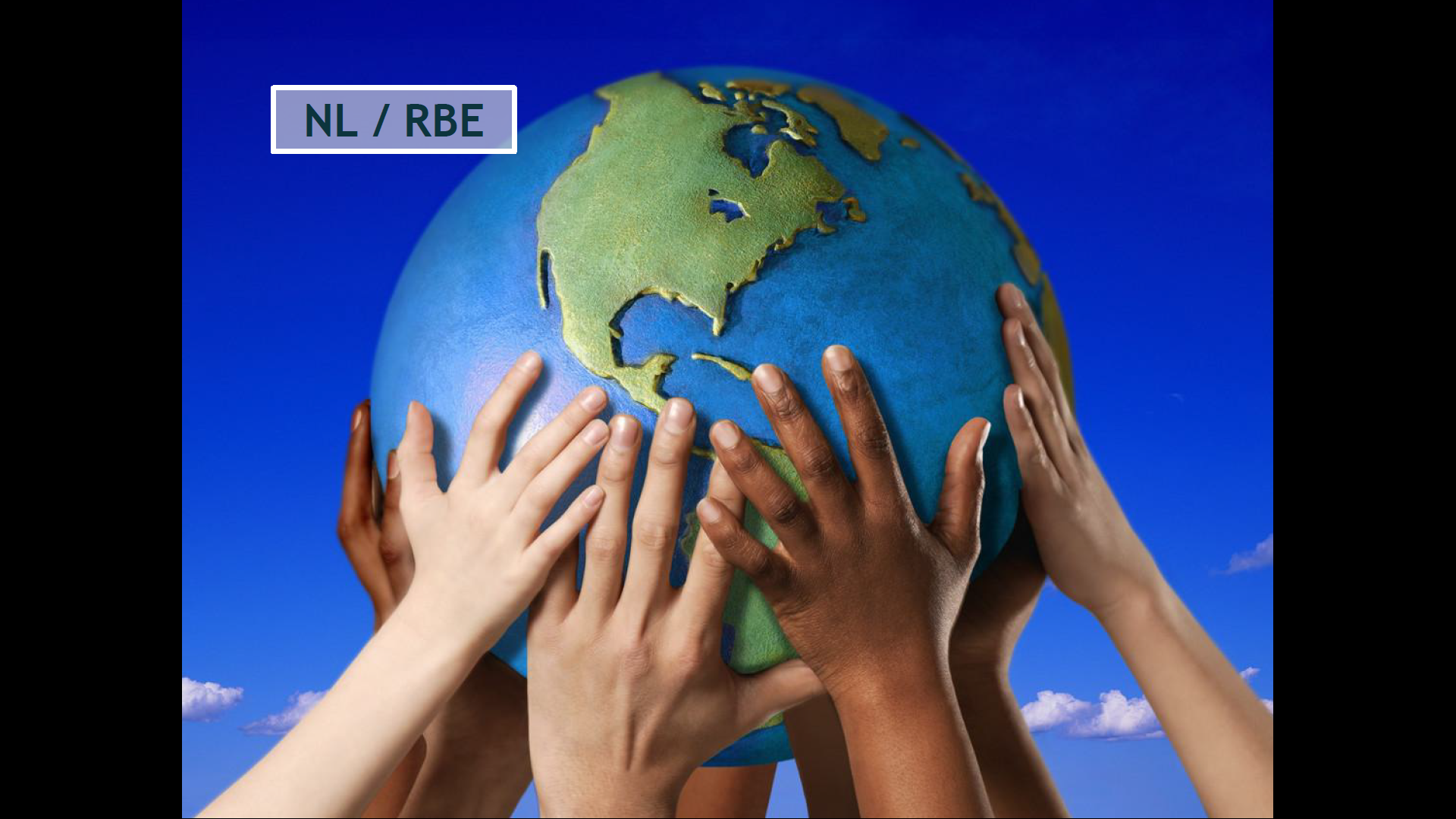
As you can see the current best option is to transition towards is an RBE.
If this is a journey then that’s our target.
It’s a combination of science, technology, and a mindset change which helps us reduce scarcity, waste and violence towards zero.
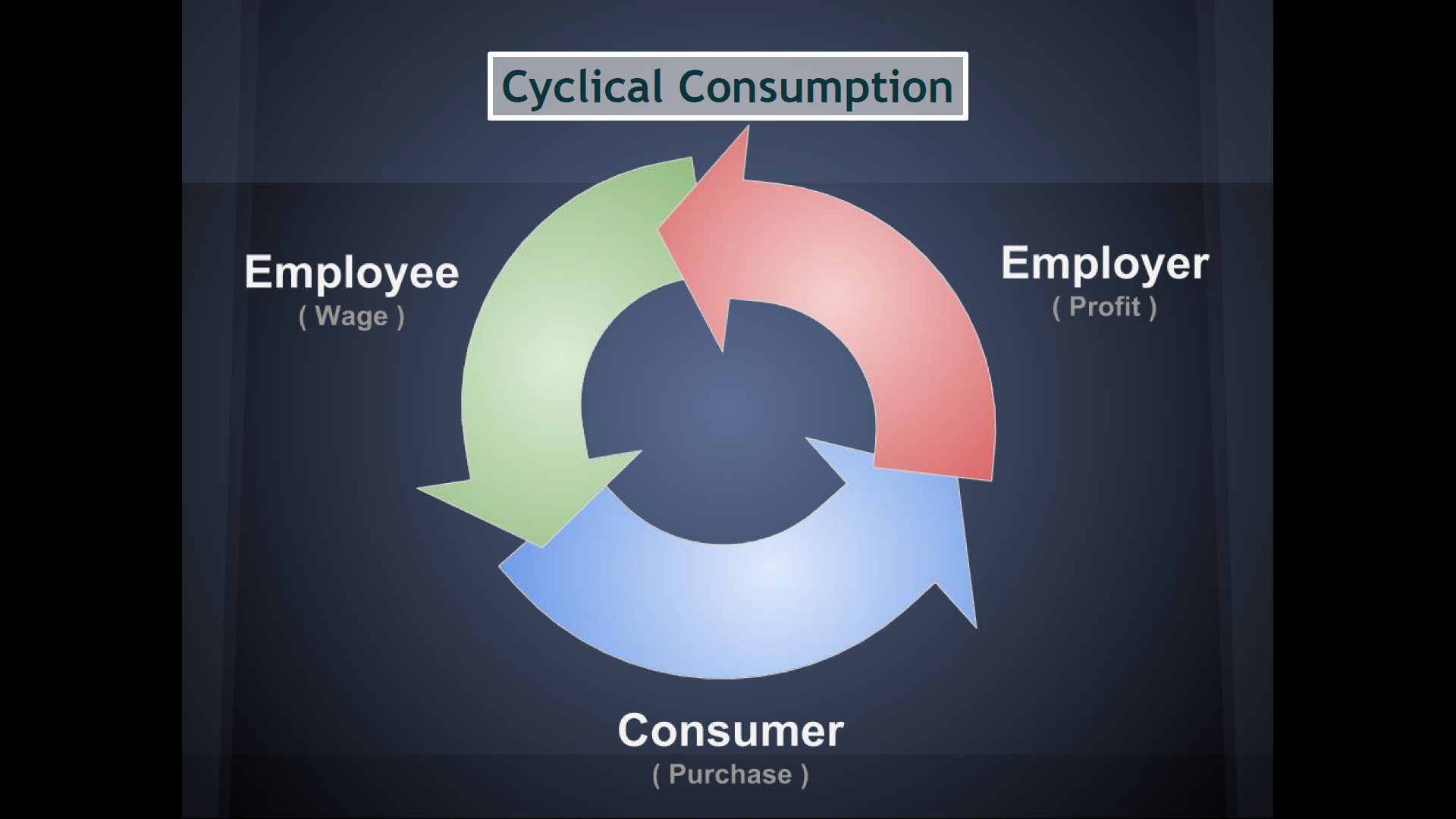
Before going on our journey we need to know where we are.
We are in a fiat based, fractional reserve lending system
With a culture who’s definition of success is how much financial and material wealth, power control and fame you can acquire.
The engine of this system is the cyclical consumption cycle, powered by people earning money and buying things
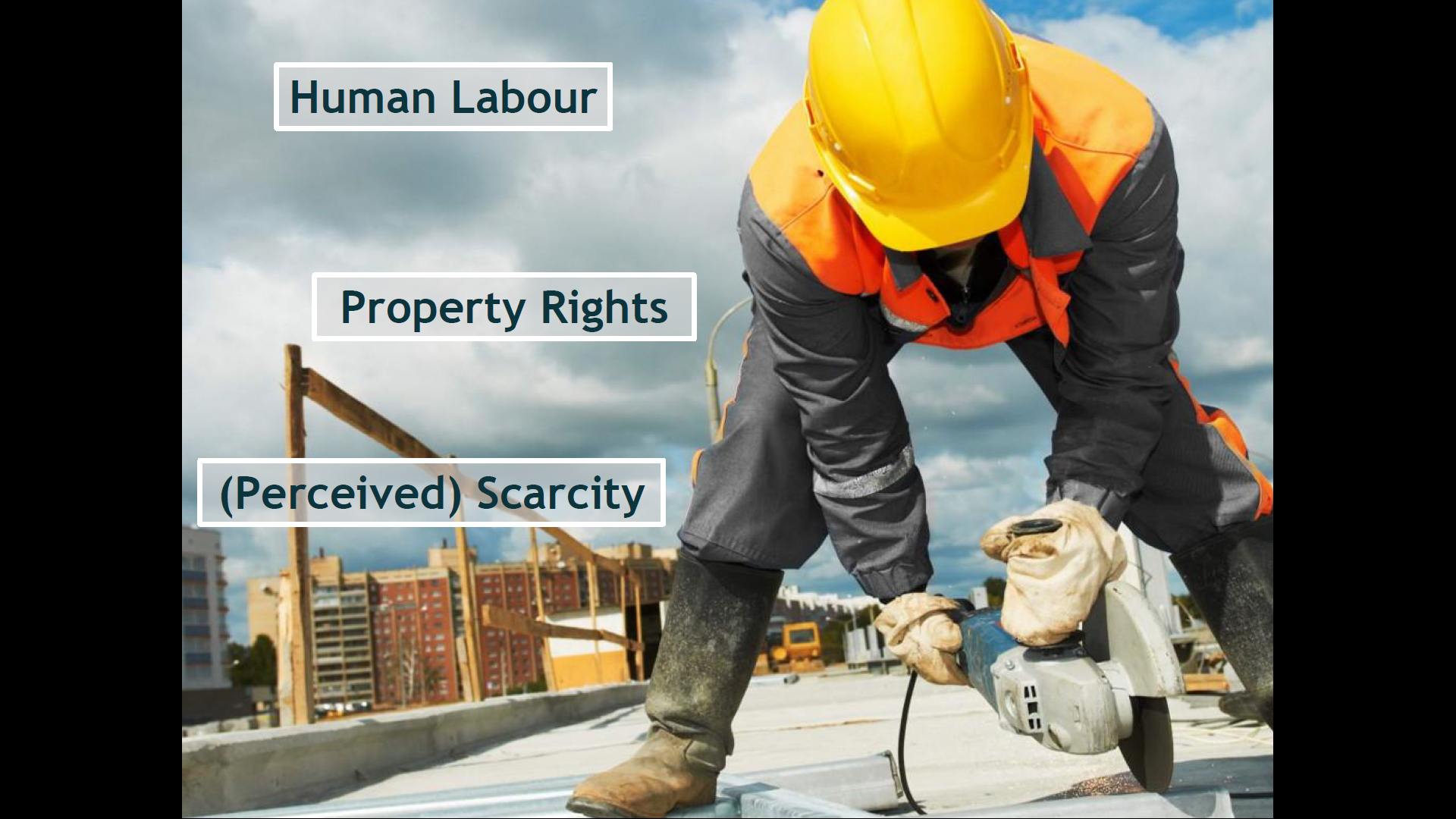
Due to the way supply and demand works with the priority of profit, and externalities, when you boil it down we currently consider the cost of things based on :
- Human Labour
- Property Rights and
- Perceived Scarcity
We don’t really value human wellbeing, nor the environment.
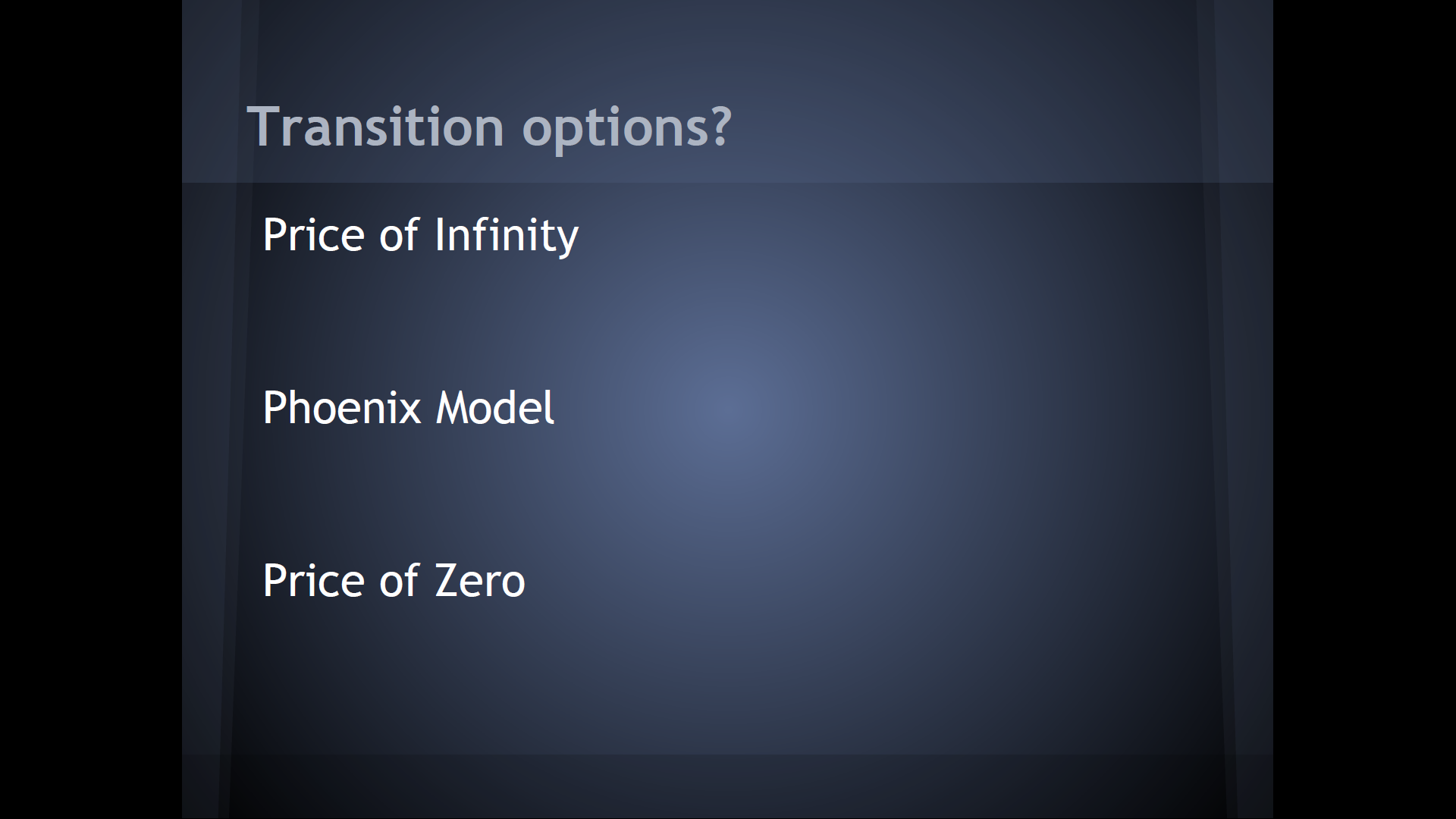
Knowing the system, we can predict 3 main ways that it can collapse.
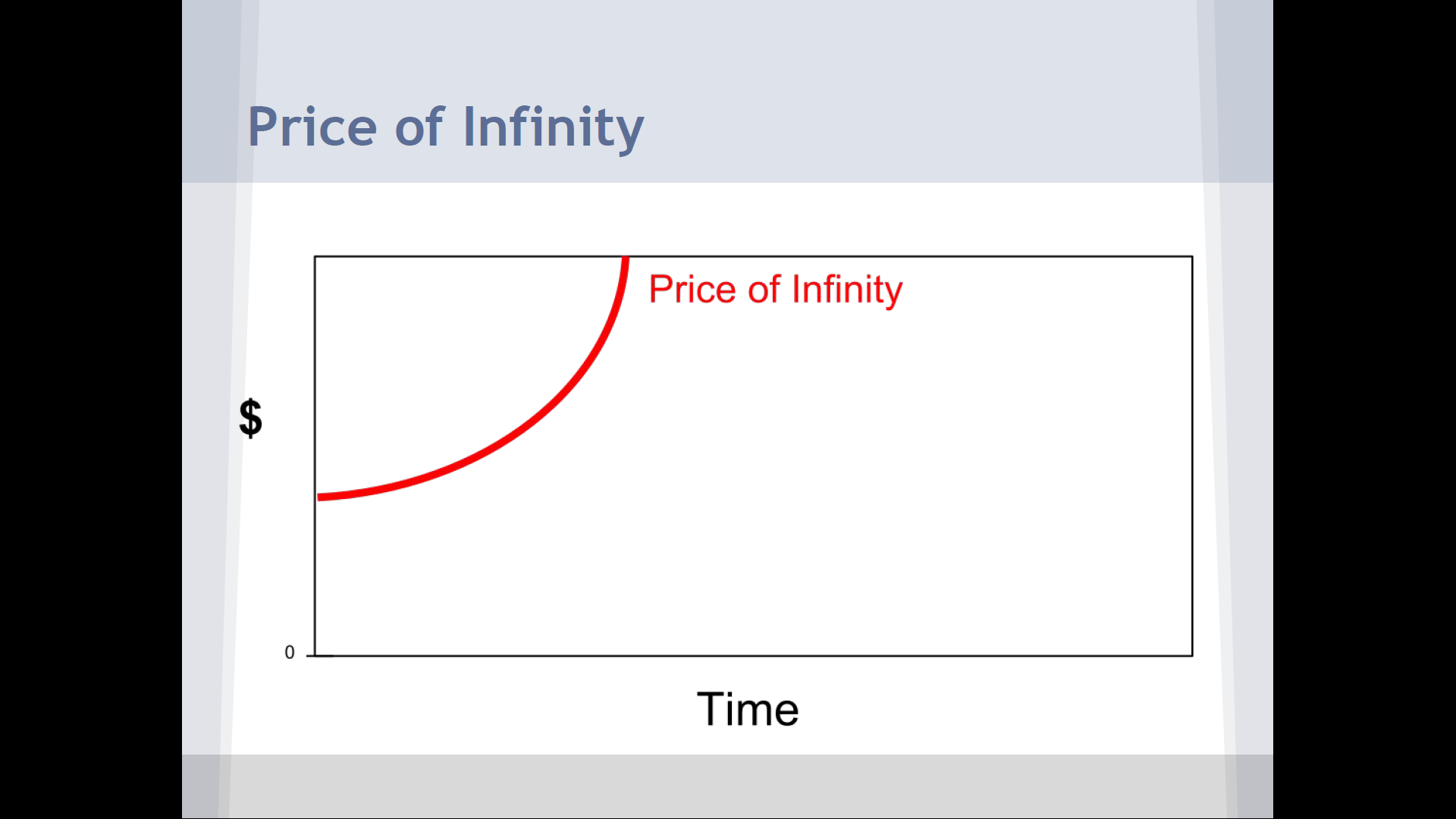
The Price of Infinity collapse is really just business as usual
Whereby the issues with Capitalism cause Environmental, Energy and Economic crises and would mean that nearly everything costs so much you can’t afford it.
In short, it’s not good.

The Phoenix Model is the price of infinity, but somehow as the monetary system is collapsing we transition to an RBE, despite there not being any Internet and barely enough food, water and electricity to survive.
This is the transition model I heard being advocated a lot when first joined the Zeitgeist Movement.

I think the thinking behind this is that no one will change to a new system if they are happy where they are.
It’s like being asked to cross a long thin plank to go from the roof of one building to another. It’s dangerous, very few people are going to do that.
As per http://kevinpojezny.com/the-compound-effect-part-2/

However, if the building is on fire you bet your ass you will.
You’ll walk, crawl or do whatever you can to get away from the burning building.
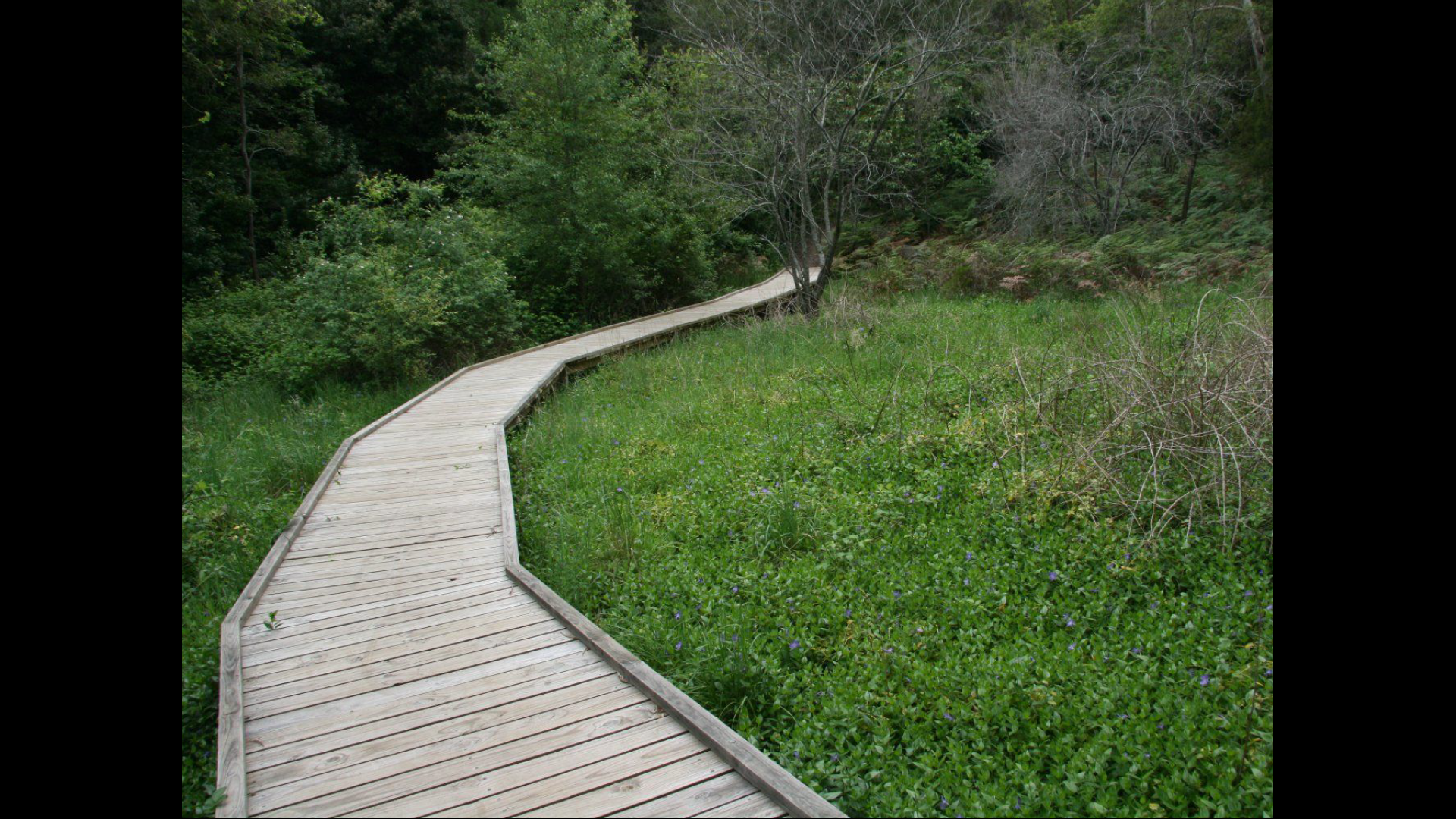
But the trick is to put the plank on the ground and make the trip easy and fun.
There could even be a party at the end which people want to go to.
NB: Photo by Michael Kubler
https://www.dropbox.com/s/992eq11j5hnx824/IMG_7864.JPG?dl=0
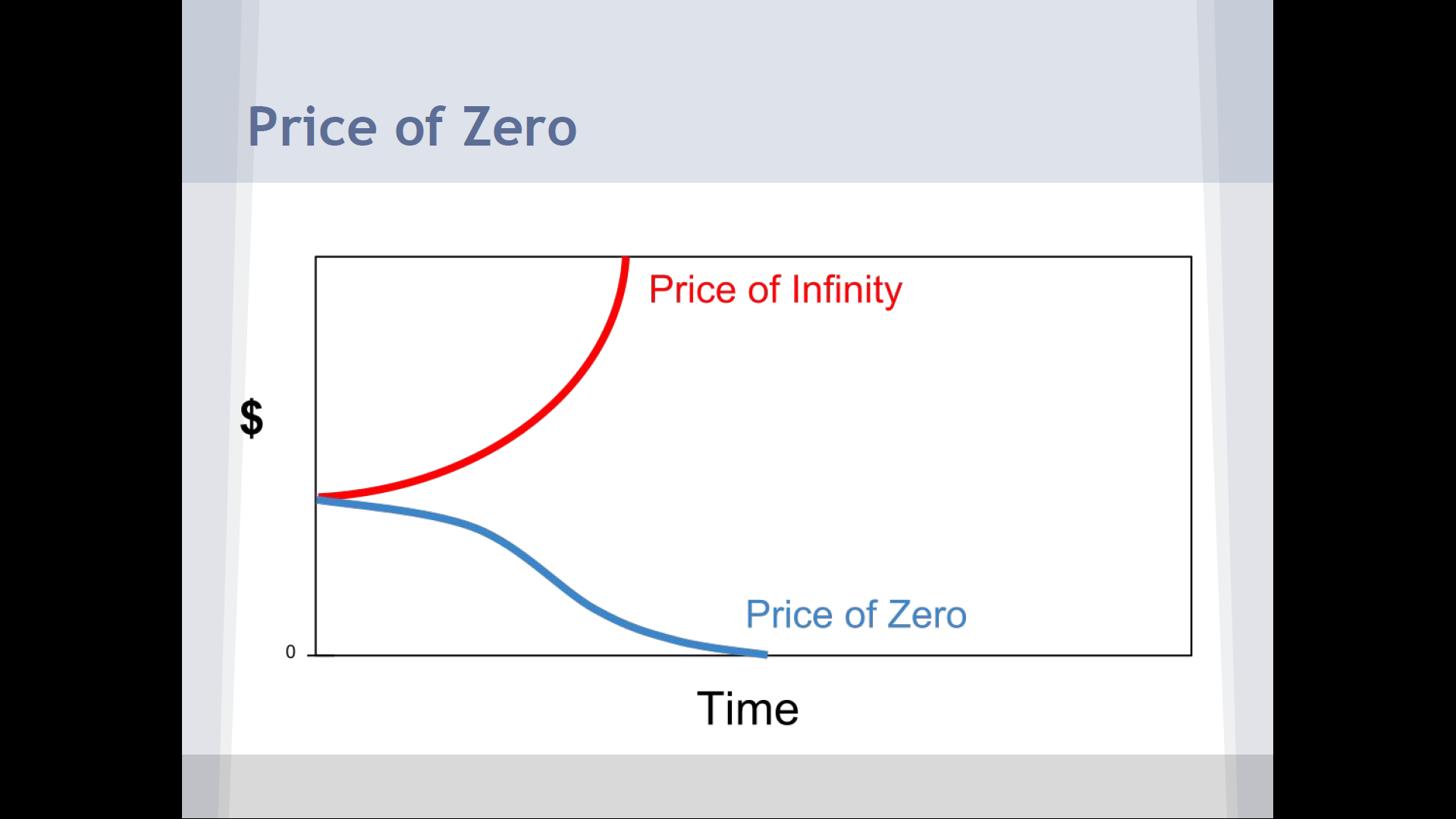
That’s why thankfully there’s a third option, the Price of Zero.

The aim is to at least have Food, Water, Electricity, Transport, Education, Entertainment, Health and all the necessities of life for free to everyone on the planet.
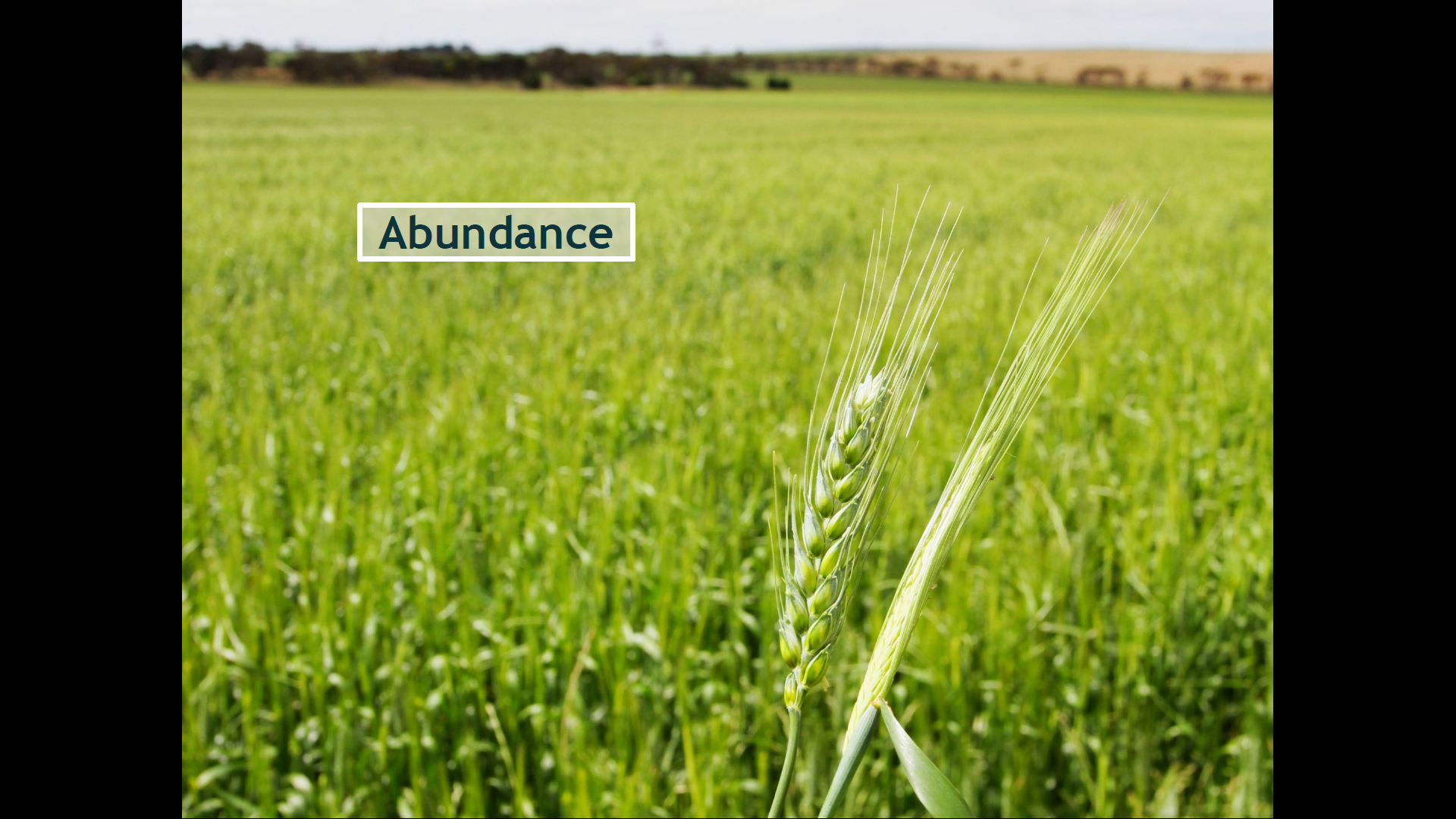
But it’s beyond that. The end game is to create such long term abundance there’s no longer a need for money, so we transition away from Capitalism.
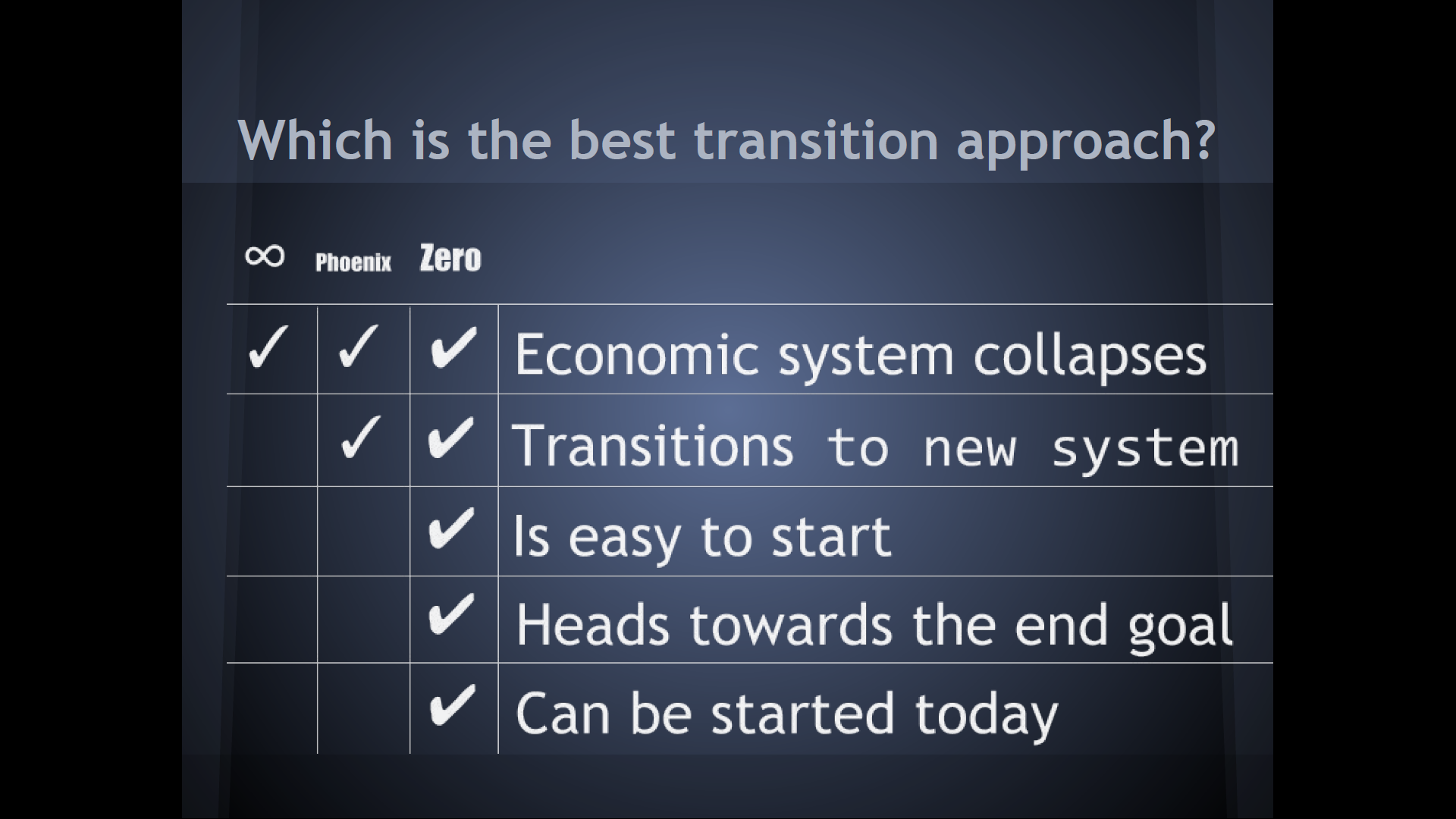
So which is the best transition approach?
Well the Price of Zero is obviously the better option as we can :
Start it today and
we are heading towards the end goal.
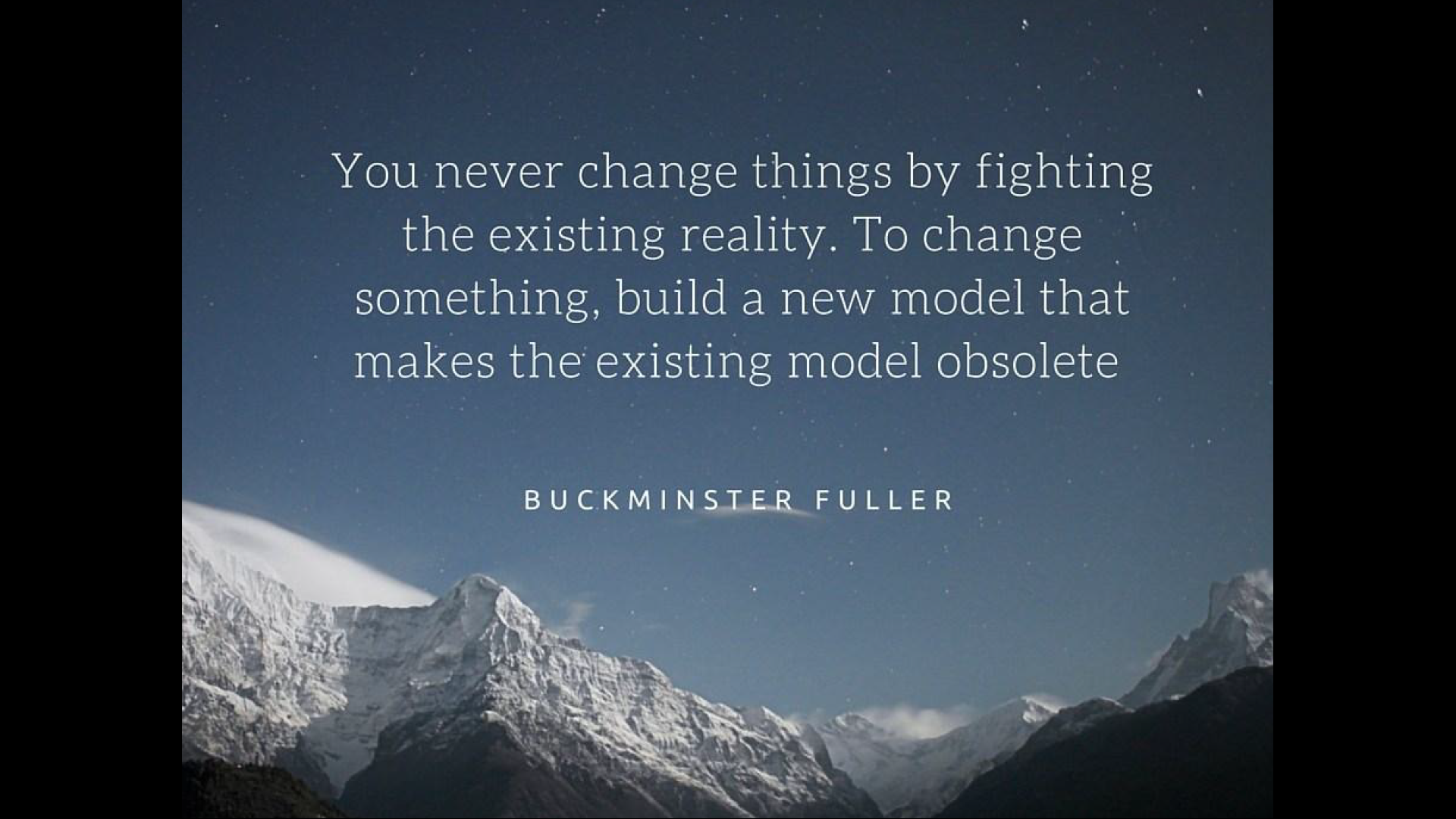
The Price of Zero is also based on the Buckminster Fuller idea that
You Never Change Things By Fighting The Existing Reality.
To Change Something,
Build a New Model which
Makes the Existing Model Obsolete.
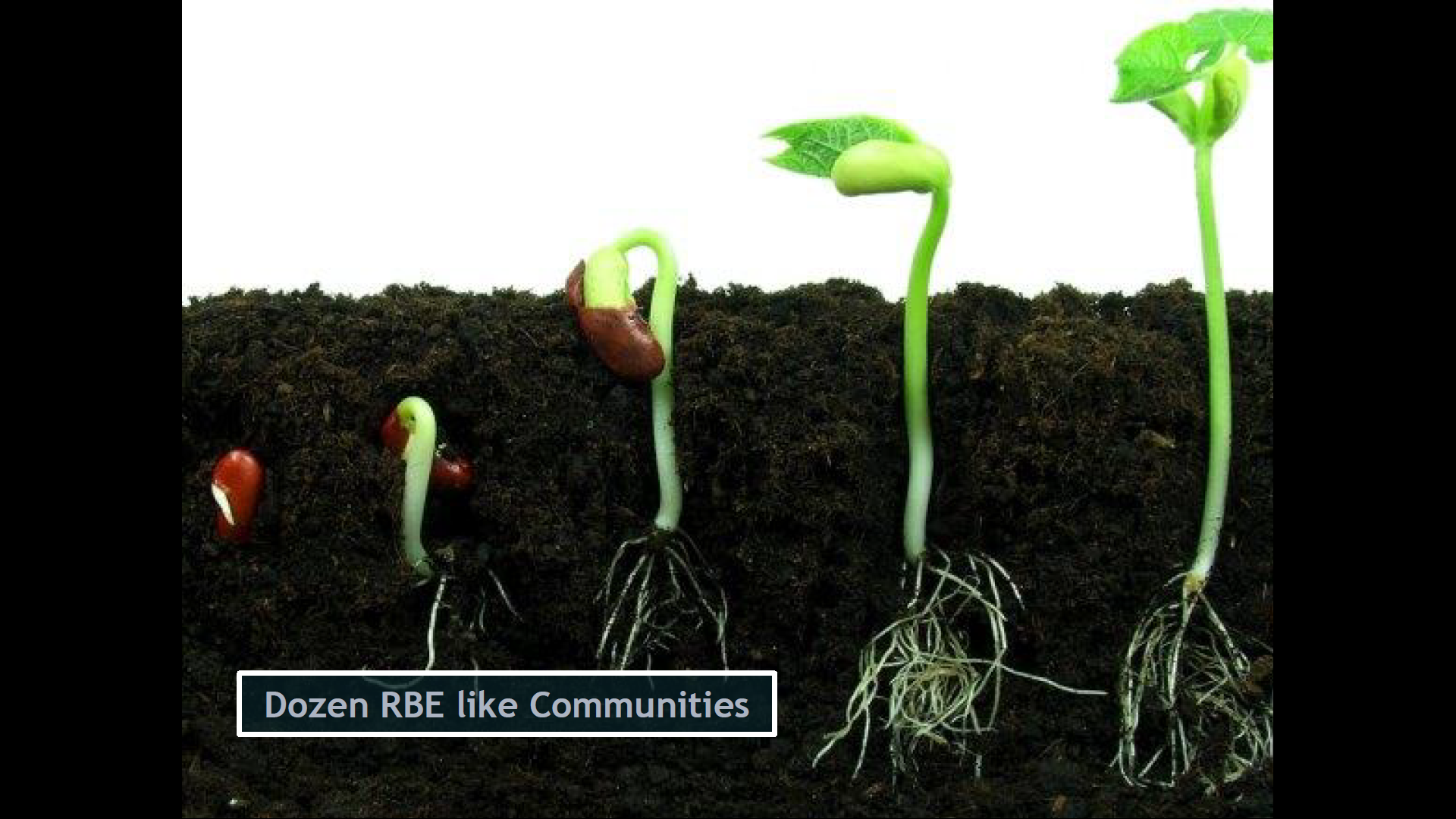
OK.
So you can’t build a global Resource Based Economy instantly. But we can start small and expand.
Like a plant spreading seeds all over the place
we would want at least a dozen or so RBE like sustainable communities
Which can develop into towns, cities and beyond.
Now, not all will succeed, but we can learn from those that fail.
Through systems based thinking plus automation they will be creating an excess of goods and services which can be sold off to the surrounding monetary system for cheaper and cheaper prices whilst also allowing the communities to expand, converting our current system into an RBE over time.
Just like it takes years for a tree to bear fruit it could take 10 or so years to go from a tribe of under 150 people, to a city of tens of thousands and producing a substantial amount of abundance.
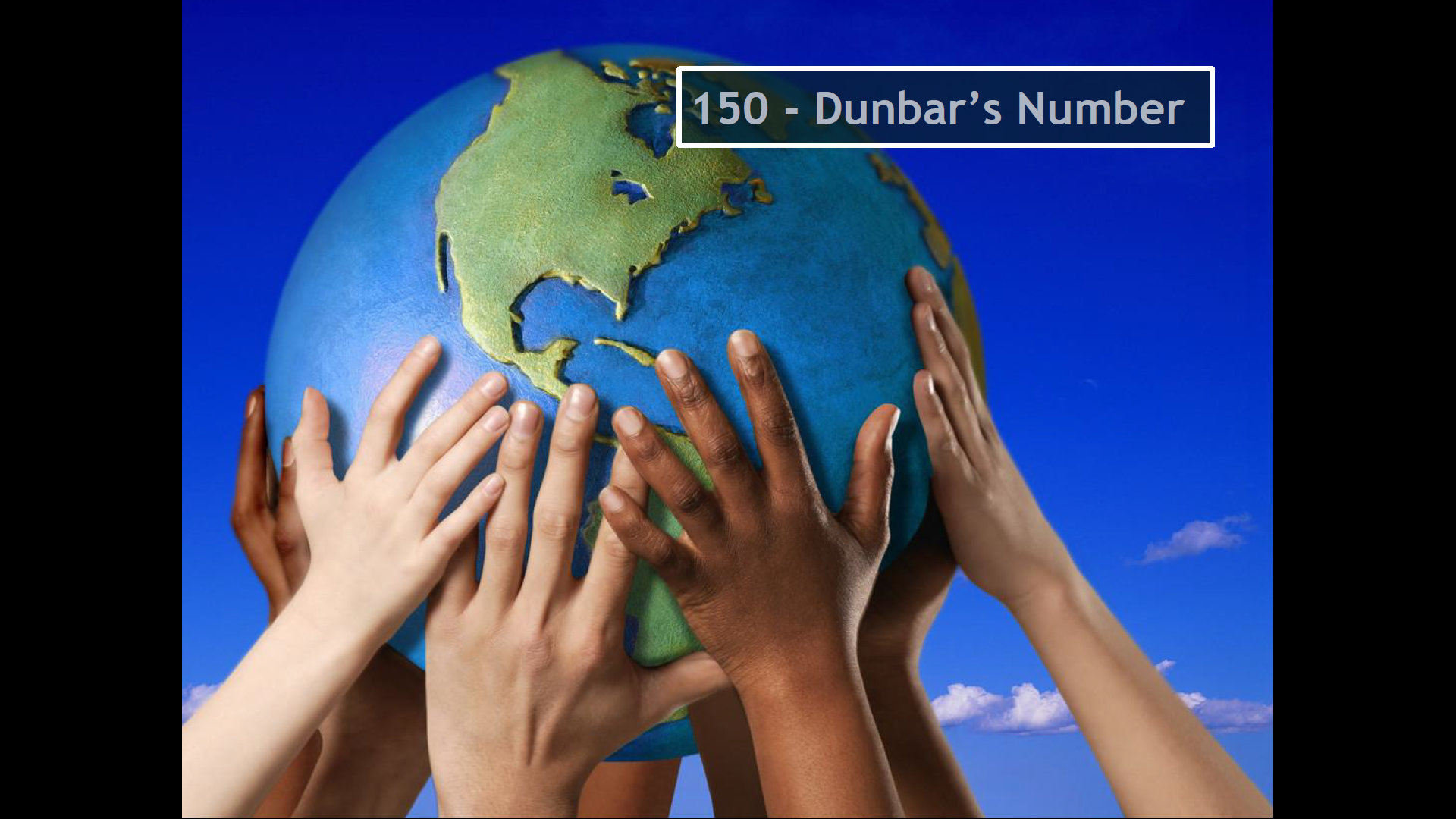
I mentioned 150 people in a tribe as it is Dunbar’s number beyond which you can’t really know everyone in the group.
Adding more people means changing from a connected tribe to a large community,
In the process requiring more complex governance structures plus tools for management, trust and the like.
Thus it’s an important milestone.
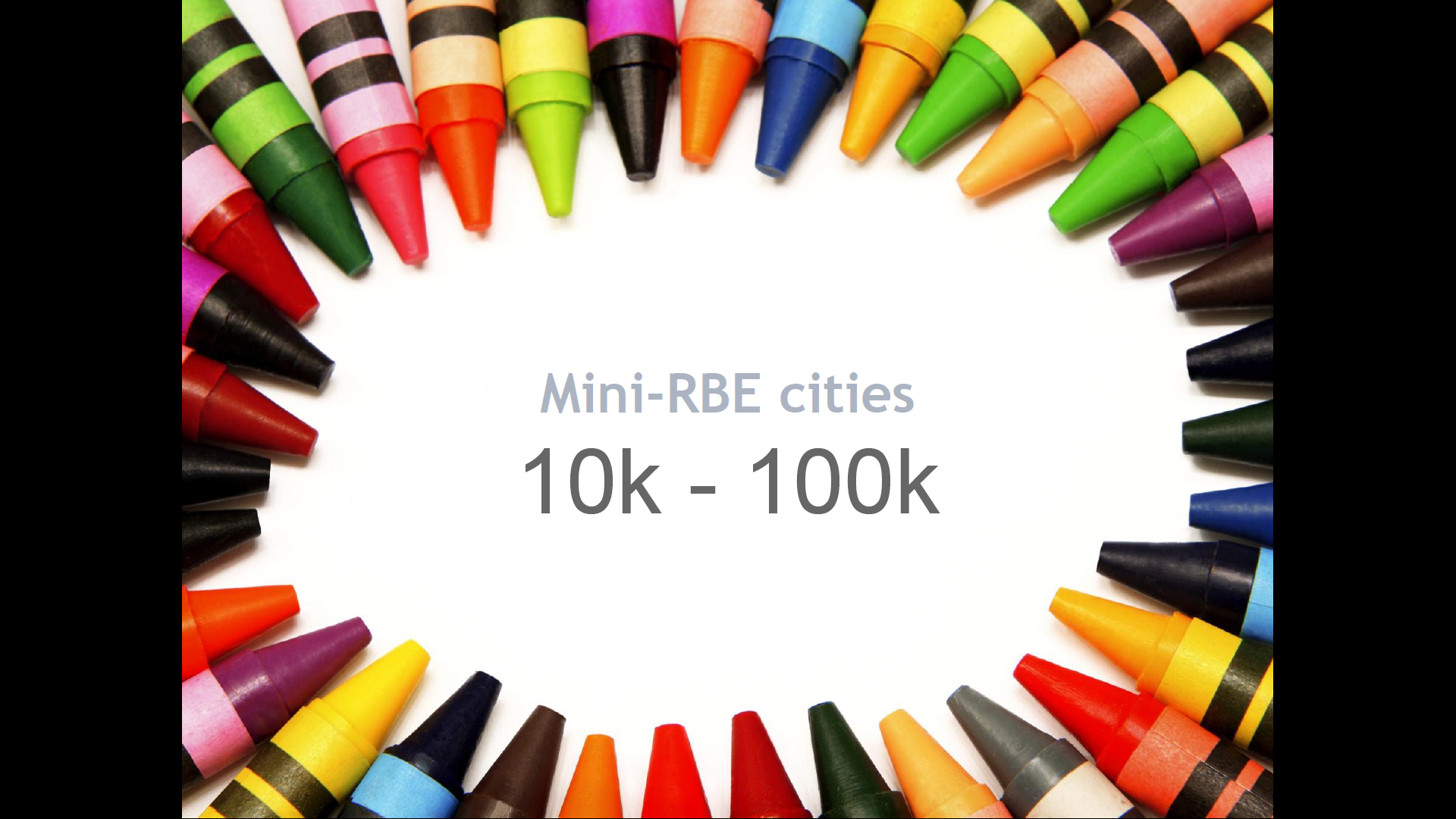
After the cities get to around 10k or 100k people that’s when we hit a tipping point.
It’s also when we have to start worrying about crossing the chasm.
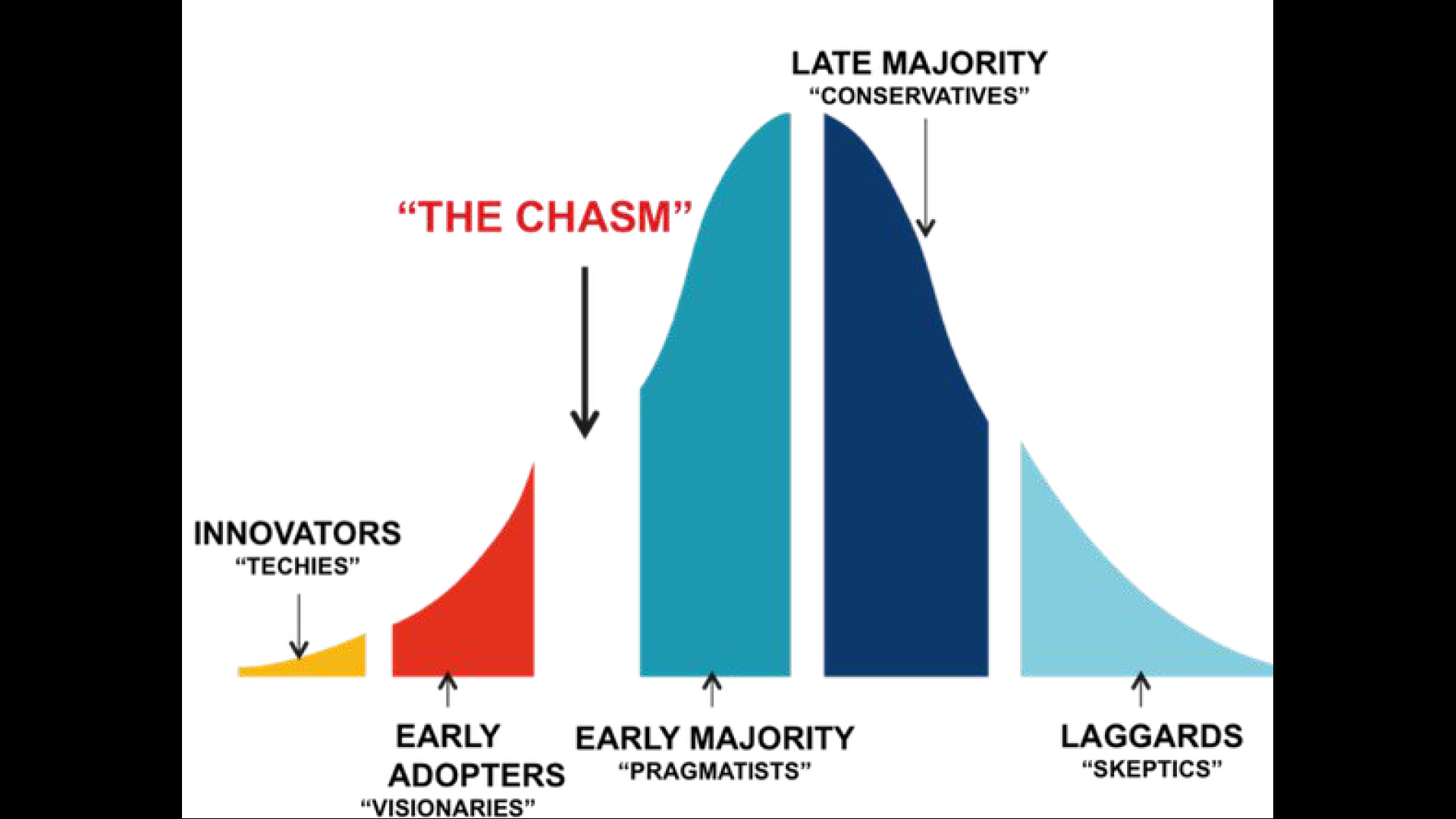
With the adoption of new disruptive or highly innovative trends, be it social media,LGBT rights or an RBE different stages of the uptake are done by different groups of people.
At the start the RBE concept is being developed by ourselves. The innovators and early adopters.
We can see the potential and are willing to work on making it a reality.
Even if not that many other people share our passion and aren’t ready to join us.
Then there’s the chasm, this is where a lot of ideas and trends die out. They don’t become mainstream if they can’t cross the chasm.
Often what is needed to cross the chasm is a whole new set of branding as a way of attracting the pragmatists.
These are the people who will join the RBE because it provides a tangible benefit, a better life for them than they currently have.
They are likely to be people who have a dream of something they want to do, but are too limited by capitalism.
After the pragmatists join the late majority will often tag along simply because it’s what everyone else is doing,
whilst the laggards are those still trying to use a rotary phone until they no longer work.
Not shown here are the Luddites, those who will actively try to suppress or attack the adoption of a Resource Based Economy.
The luddites are the main reason why we will need to defend our cities, ourselves and the core RBE concepts.
In saying that, we should treat violence like a contagious disease. We don’t want to inflict it or spread it.
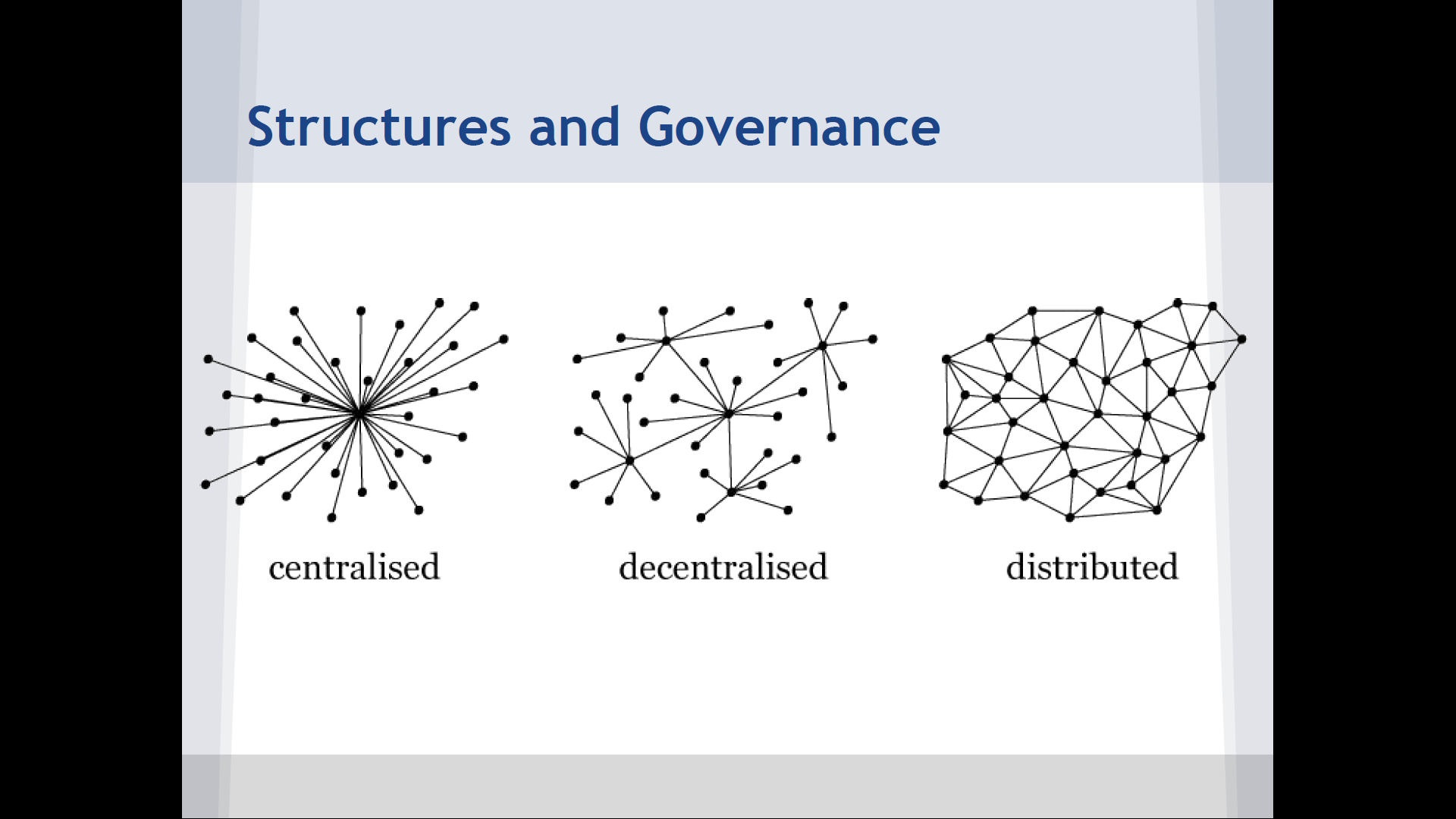
There’s some broad structures we can use for the transition.
I would suggest starting with a Decentralised community of like minded geisters. They would be limited to what they can do whilst living within the monetary system.
But could be an initial support network that are donating their time and resources towards helping create a small village that can grow into a sustainable RBE like city.
These initial cities are for trying out new paradigms, such as being created around access abundance and designed to work without the need for fossil fuels nor money.
Being Distributed is the end goal whereby we have all the communities and cities physically linked together, hopefully by Maglev trains.
The communities should have lots of communication from early on so they can learn from each other.
We don’t want to keep making avoidable mistakes.
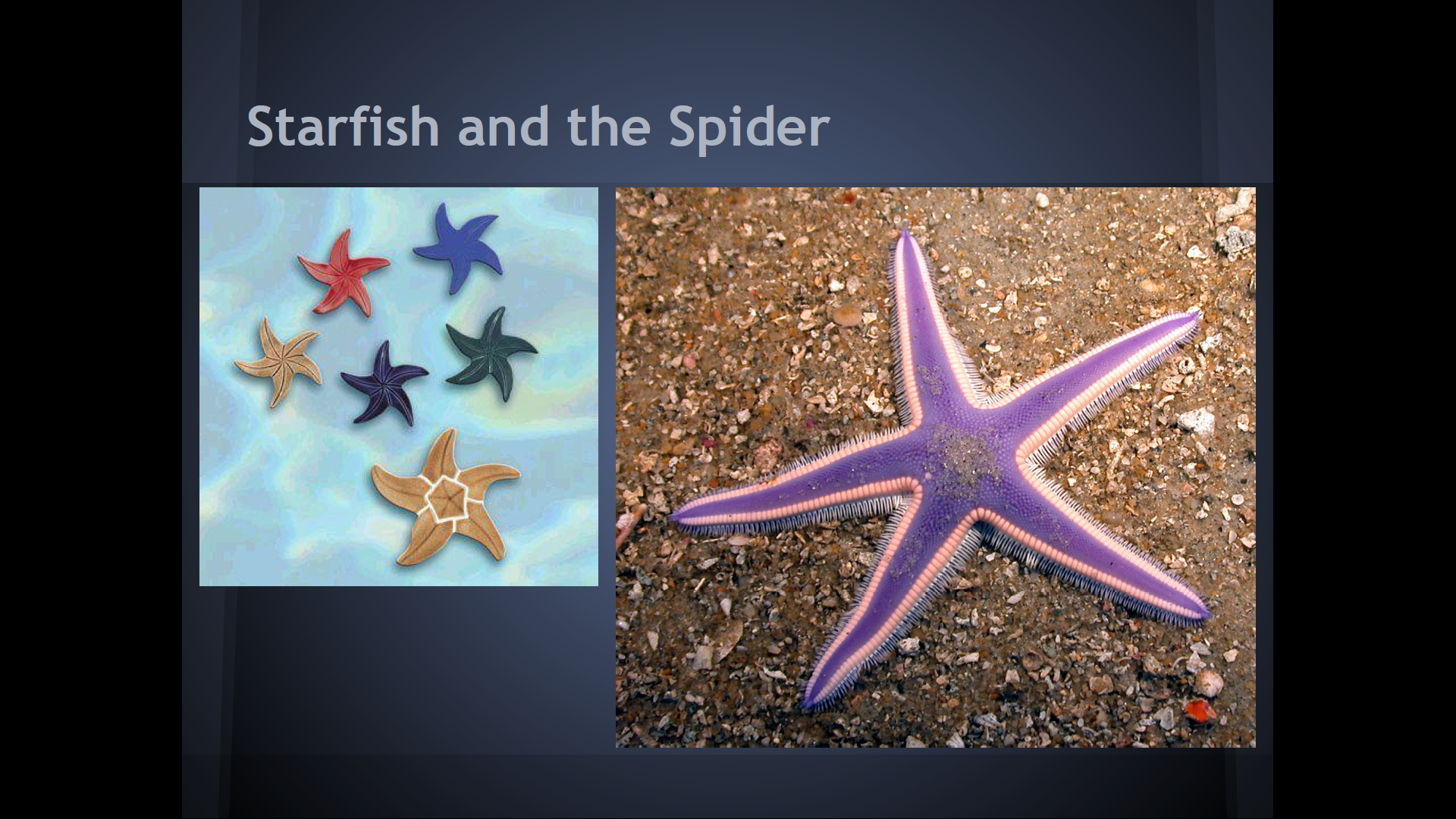
Note the structure of the movement should be as leaderless or starfish like as possible.
What I mean by that is that if you:
- Cut head off spider, it can’t control itself, it dies.
- Cut legs off spider, it can’t get food, it dies.
Many corporations and capitalist systems are spider like in nature, they have a central leader and will attack as if we are the same.
But if you cut the leg off a starfish, it contains everything needed to grow into a new starfish.
That’s the power of leaderless or leader full movements.
When attacked we can spread out and create more communities, fantasia broom style.
Reference :
The Starfish and the Spider – The Unstoppable Power of Leaderless Organisations
https://www.amazon.com/Starfish-Spider-Unstoppable-Leaderless-Organizations/dp/1591841836
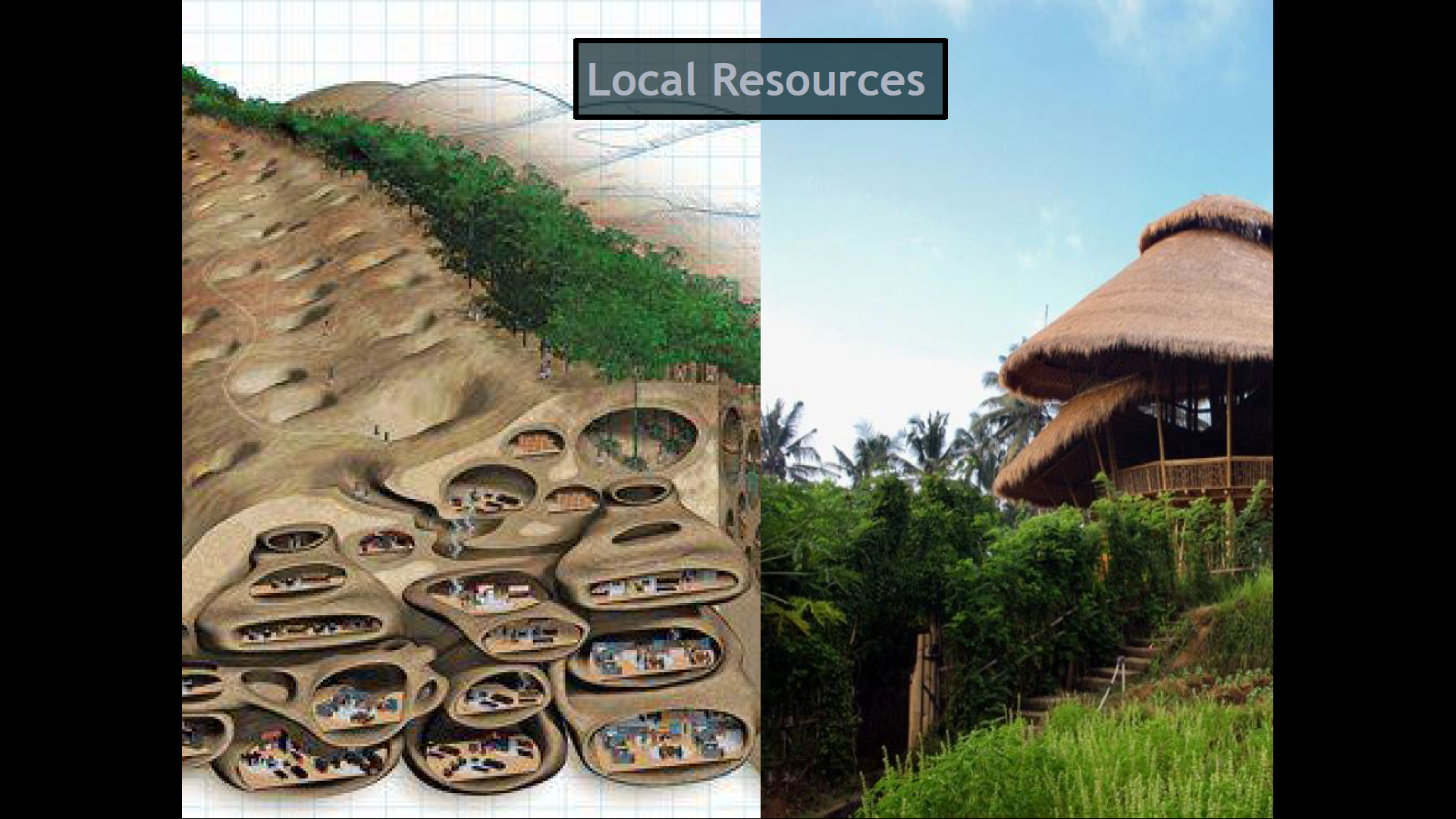
When creating the RBE like cities they should be adapted to their local environment and resources.
Trying to live in the desert? Build a long thin city in the sand dunes
Living in Bali? You might want to learn from the green school about how to build with bamboo.
You might also want Earthship houses, tiny houses, Venus project style circular cities or massive million people plus buildings.
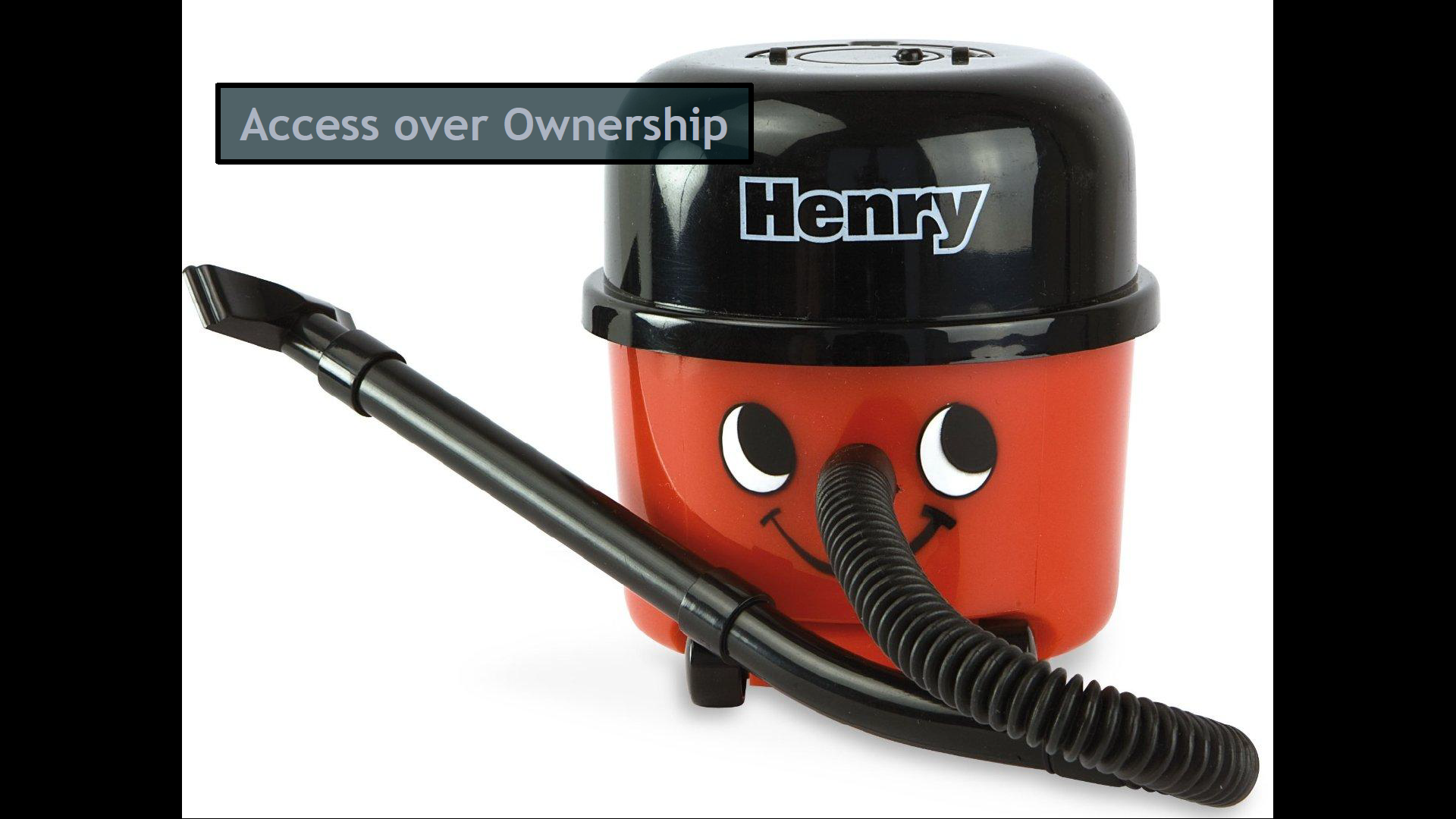
An important concept during infrastructure design for reducing waste is Access instead of ownership
An example of access over ownership is that not every house needs a vacuum cleaner. You could have one industrial grade long lasting vacuum that is shared among a block or apartment. Now you’ll be using a 20th of the resources.
Apply that thinking on a large scale for everything from kitchens to cars and you have reduced a lot of the resource requirements, allowing more access abundance.
Although in some cases we might be able to retrofit existing cities we will usually want to create new infrastructure which is designed with this mindset from the start.
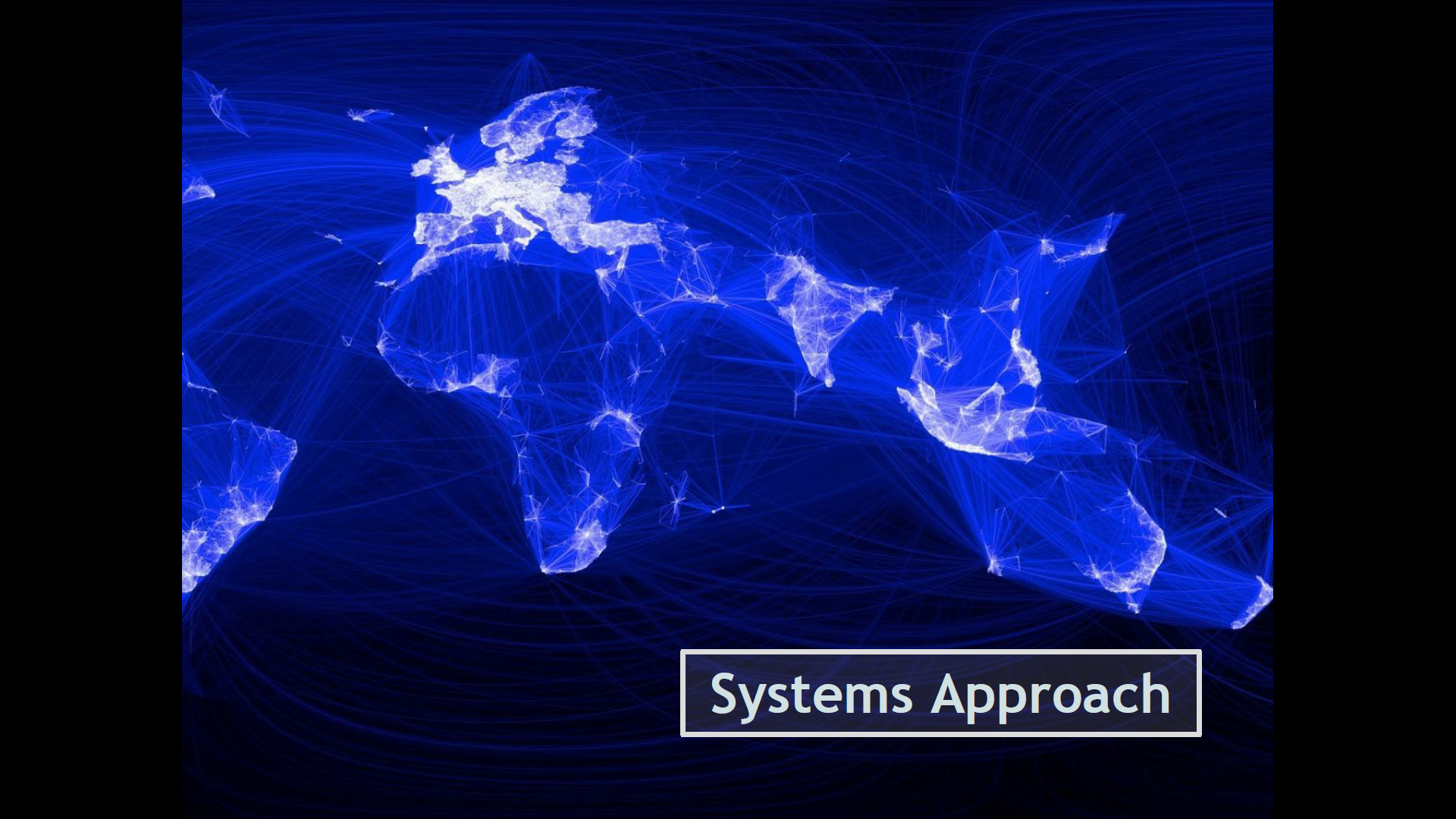
To implement this all properly you need to use some systems design thinking which works best by zooming out your view on a problem until you see how the whole system works, and how it should actually work.
An example is Litter
The current thinking is around ensuring people put their trash in the bin.
A better option is to have signs saying Please litter here because the packaging is Bio-nutritional and good for the environment.
Supermarkets
When dealing with automation people might ask how for example you would replace checkout chicks at the supermarket. Self-serve checkouts is the current answer but that’s the wrong thinking. Zoom out and you realise what you want is to have Food in your fridge, or things in your cupboards.
Imagine taking some tomatoes out of the fridge, making a meal and by the time you are done a new set has already been picked from the local vertical farm and is already in your fridge.
Now you no longer have a need for supermarkets.
Cradle to Cradle Materials Flow
Just like there’s a water cycle and carbon cycle we should have a materials cycle. Instead of the cradle to grave system used where we throw things away we should be tracking the flow of say steel, titanium, glass and other materials and be creating things to be broken down into their component elements and reused.
Reference
https://en.wikipedia.org/wiki/Cradle-to-cradle_design

Mindset Change
It’s not just technical changes, one of the biggest changes is with the mindset.
There will be a much greater focus on Social and community relationships.
Ownership replaced with Responsibility
Another important change is that Instead of money we’ll have to have a culture of responsibility.
Think about it.
you don’t really own an apple.
When you eat an apple you use the life supporting nutrients which then get passed through into the ecosystem.
But, you now have a responsibility to the tree that bore the fruit, the people who helped tend the orchard and the ecosystem that enabled it.

So yes.
The Price of Zero means that Capitalism Collapses, Because there’s no longer a need for money.
But this isn’t the specifics of an actual transition plan, just a broad approach.
There’s going to be a whole lot of different variations. There’s already been some attempts, here’s some of the learnings.
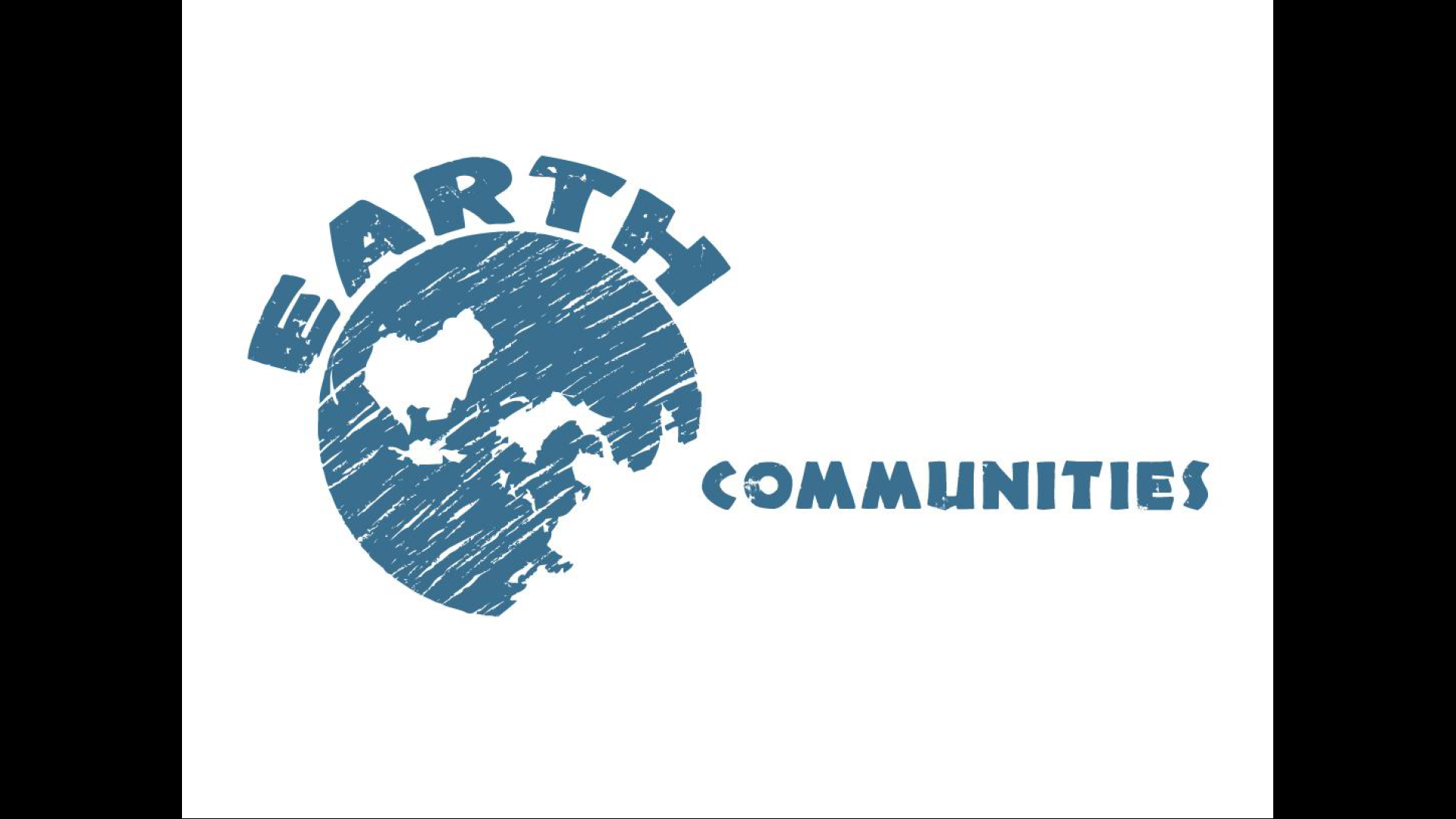
Earth Communities was a decentralised RBE like community started in Adelaide, South Australia.
It failed for a number of reasons:
- It tried to grow too quickly and purchased an organics food shop that had some crushing debt.
- That was a bad decision done in haste which showed how important it is to find the right balance of speed and quality when working out decision making processes.
I suggest trying to identify decisions which are important and lasting versus small and inconsequential and ensure that the lasting ones are made with quality and consensus (has buy in).
There’s a variety of decision making processes and often the important point isn’t the voting, but the discussions which stress test the options and can sometimes uncover new, better options.
Ideally we’ll use the scientific method to work out what the best decision making processes are for the variety of decisions.
Some examples of different decisions :
- Technical decisions with quantifiable metrics
- Things with quantitative and qualitative goals,
- People and their positions
- Ethics, morals and behaviours.
These likely all need to use different decision making processes which will also vary according to the number of people making or being affected by the decision.
Check out the NZ Earthsong community for information about how they go about their consensus based decision making process which is great for up to 70 or so people.
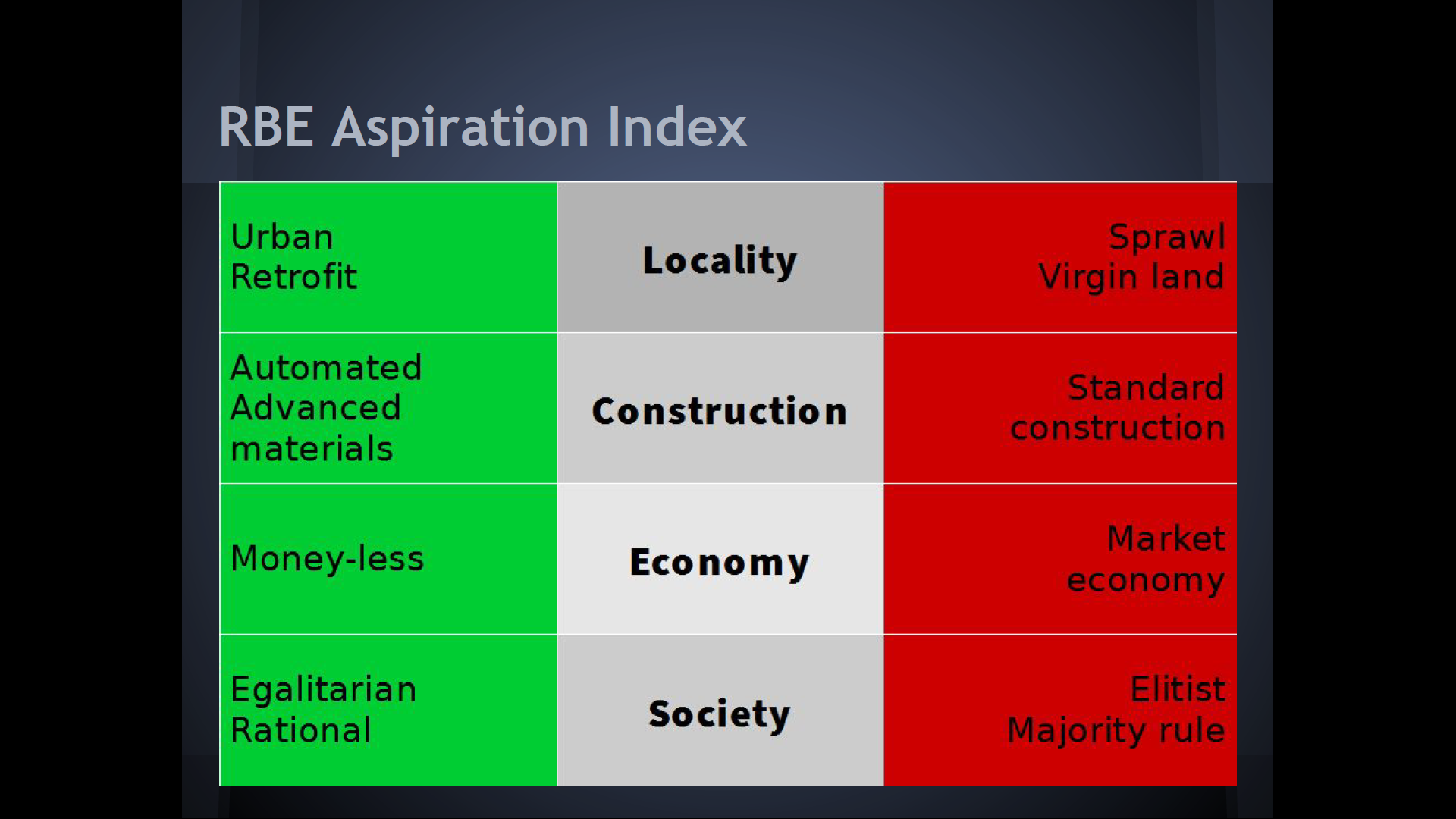
We still have a lot we can learn from existing communities.
For example Christie’s Walk, the only sustainable community in a capital city in Australia (Adelaide) found that working on things together helps with conflict resolution so much they haven’t yet needed a formal conflict resolution process.
But when looking at the communities we have to realise that few communities are trying to be RBE like.
That’s why the Brisbane ZM chapter (which also hosted the Global ZDay) has started creating the RBE Aspiration Index. A way of rating the sustainable communities they have been visiting.
Currently the ratings are based upon :
- Locality,
- Construction
- Economy
- Society
It’s still in it’s infancy but ask me or Zac Syme if you’d like to learn more.

Because you’ll be limited to what the government requirements are, from building codes to use of money and paying of taxes, it will likely help if you can convert the RBE like city’s land into a micro-nation, a block of land that’s considered it’s own country.
There are 12 Micronations in Australia alone and 79 around the world.
Although few are still active or officially recognised as it’s hard to pull off.
The Hutt River Province is one of the most famous micronations in Australia and Sealand is more well known Internationally.
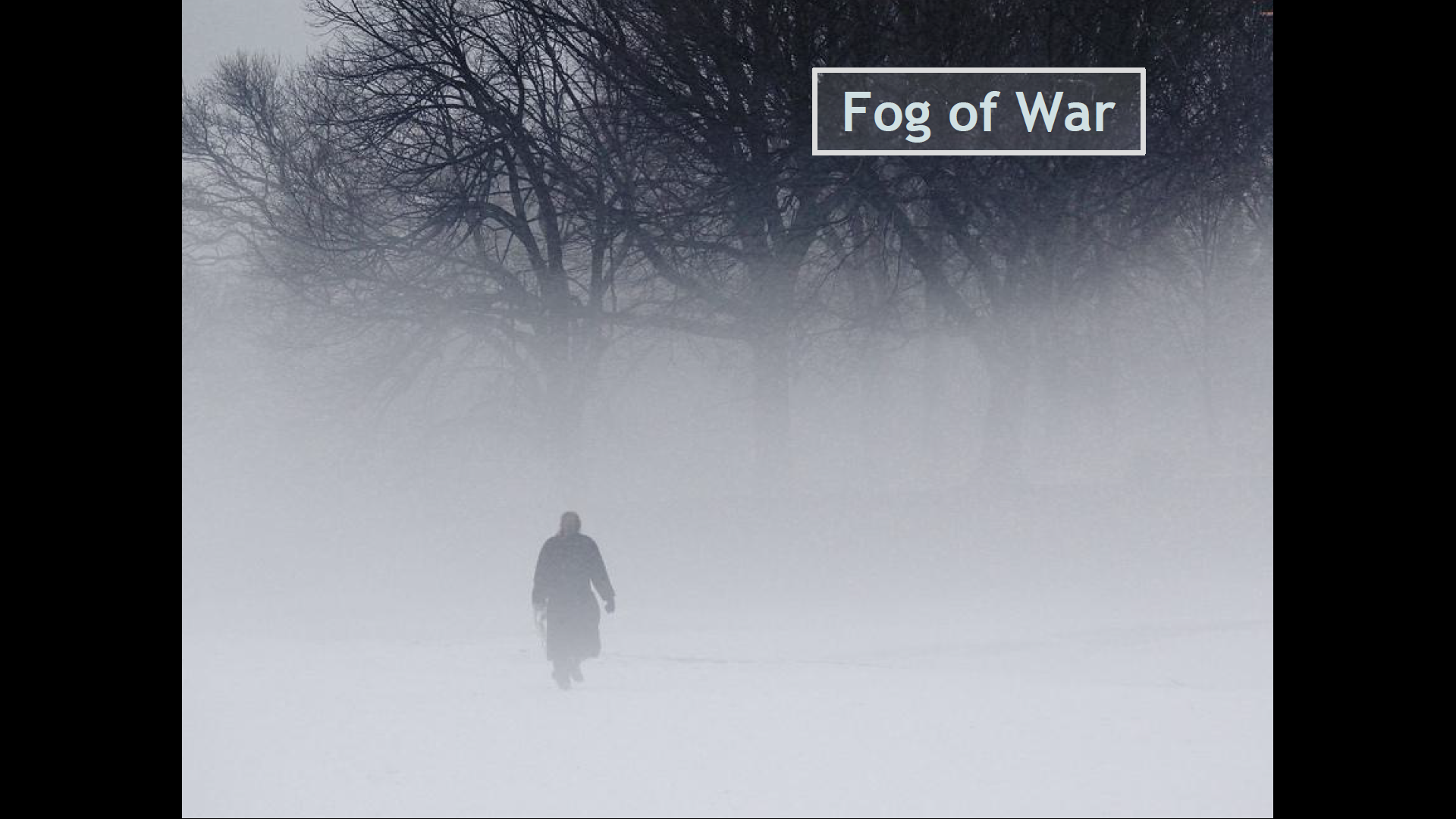
You likely have a number of questions and want every step of the transition explained in great detail. Unfortunately
This is a long journey currently without a good map.
We know the direction to head, but like the Fog of War concept used in computer games, we can only see a few steps ahead of us, not all 100,000 steps.
Thankfully as we walk along we can work out the next few steps ahead of us and in an iterative process make our way towards ->
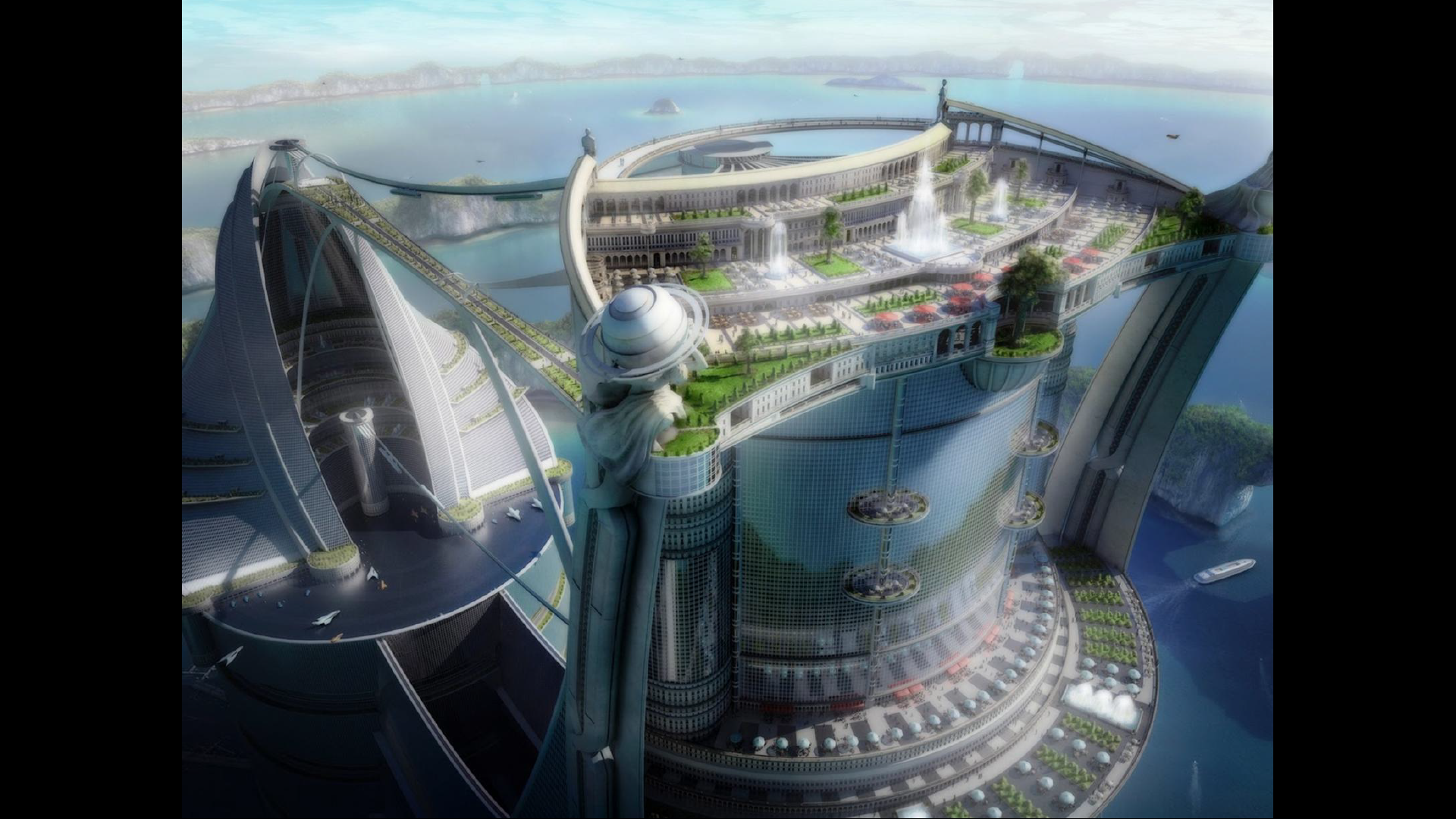
A far more abundant, inter-connected and sustainable Future…
Thank You.
Other things I could have also mentioned if there was more time :
- Inertia of decisions and what the first people do. Like a small water trickle turning into the Grand Canyon over time a lot of things are set early on and get harder to change over time.
- The sheer amount of work needed. Expect something like 15hr days for 8+ years.
- Likely costs AU$20 Million+ (of current day power purchasing equivalent), e.g as $1/mill yr in interest payments for a proper shot at a decent community and that’ll still be really hard..
- The Rules for Rulers and how we need to work out what the actual values we want should be and what the structure should look like instead. Would love a deep discussion about this.
Disclaimer and other notes :
Whilst I’ve purchased or taken many of the stock photography used in these slides, there’s still plenty of images that I’ve used which comes from online and I’ve had for such a long time I’ve lost the references to. I’m sorry if I haven’t properly credited your imagery, please let me know if this is the case.




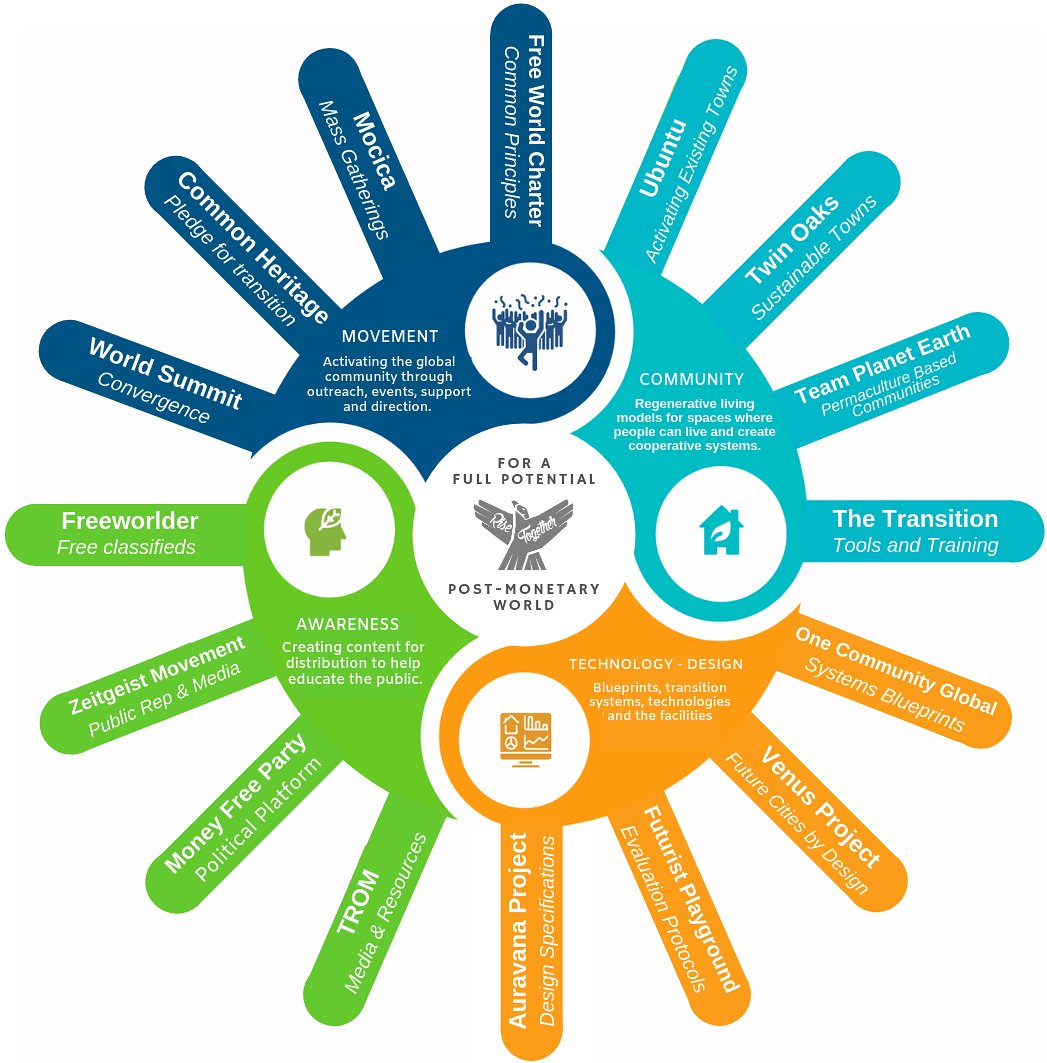


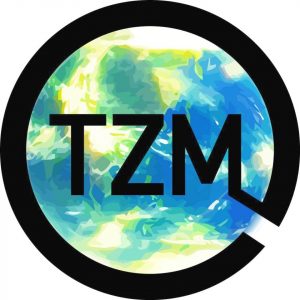
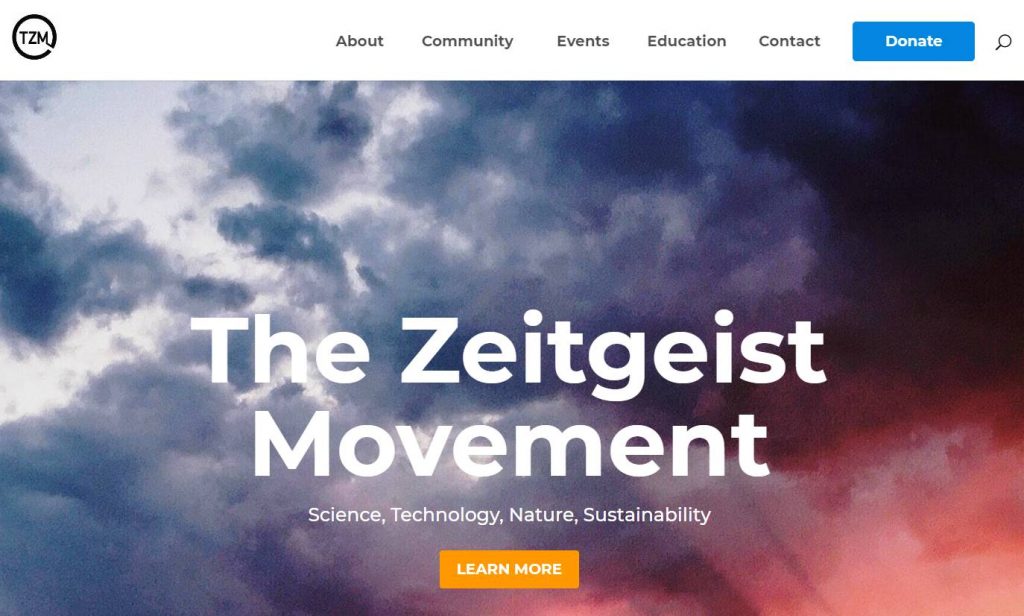
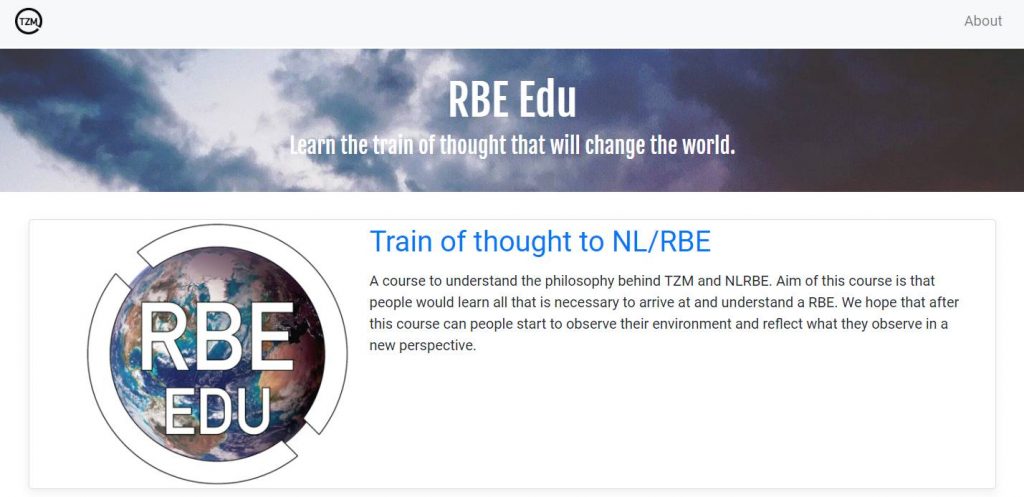
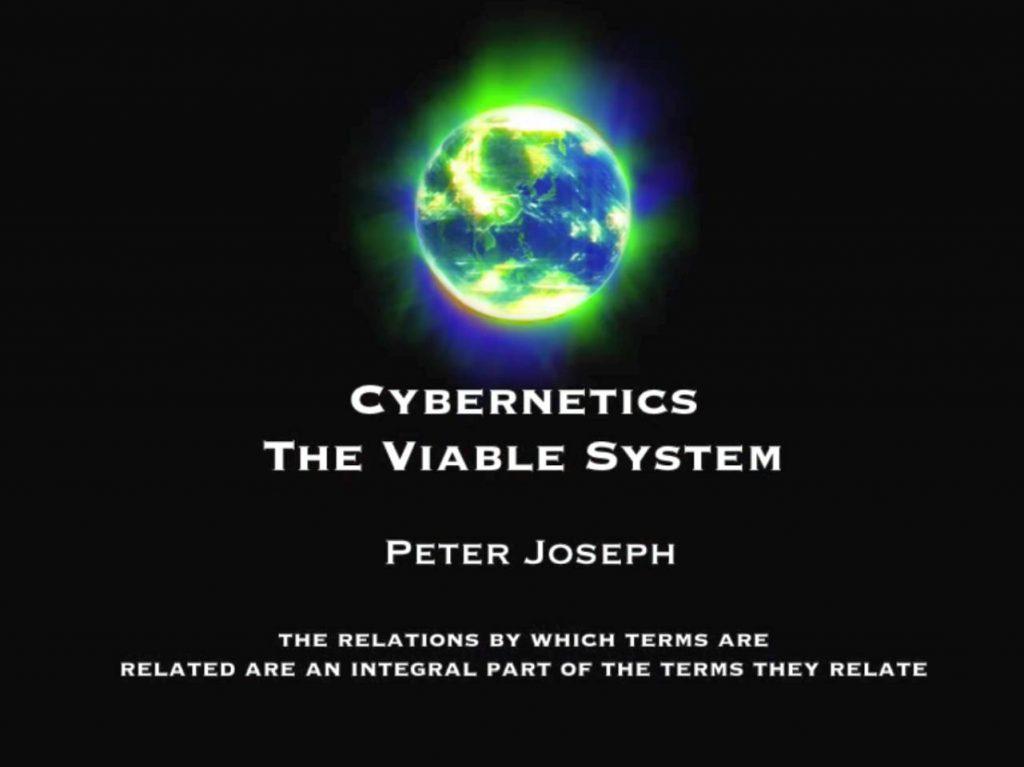
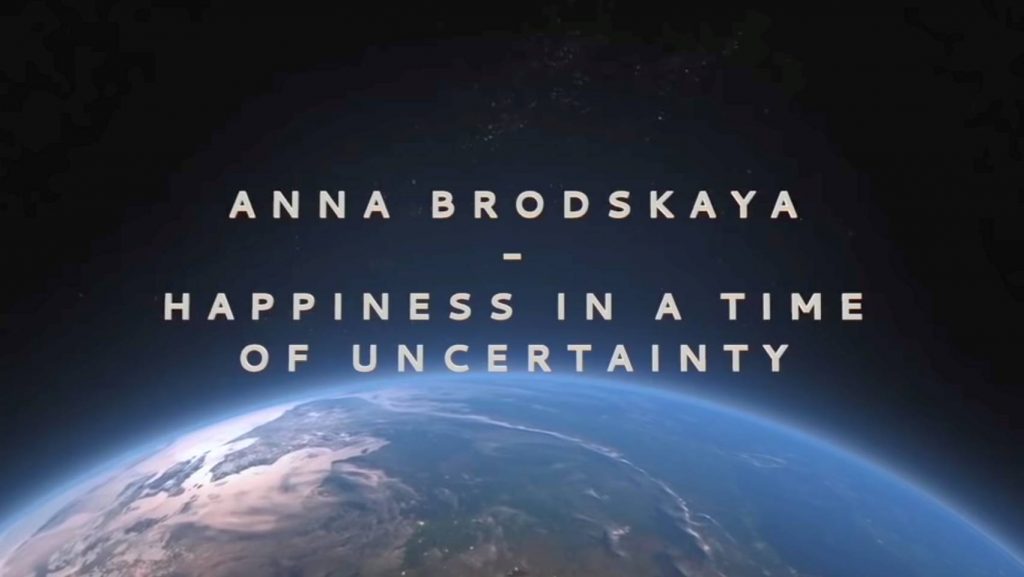

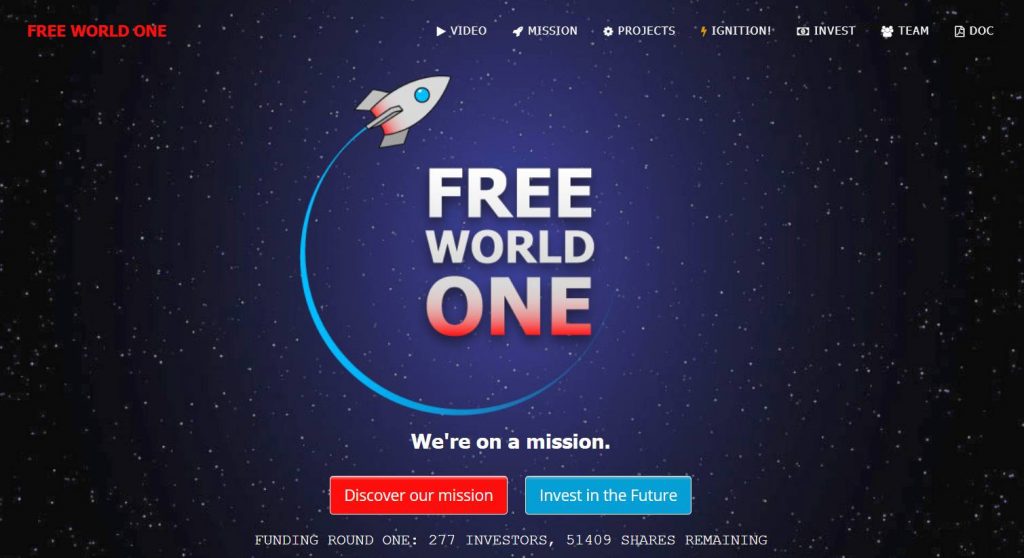



































![Constellation Model Framework [Diagram] The Constellation Model Framework](http://zeitgeist-info.com/wp-content/uploads/2011/04/Constellation_Model_Framework.png)
